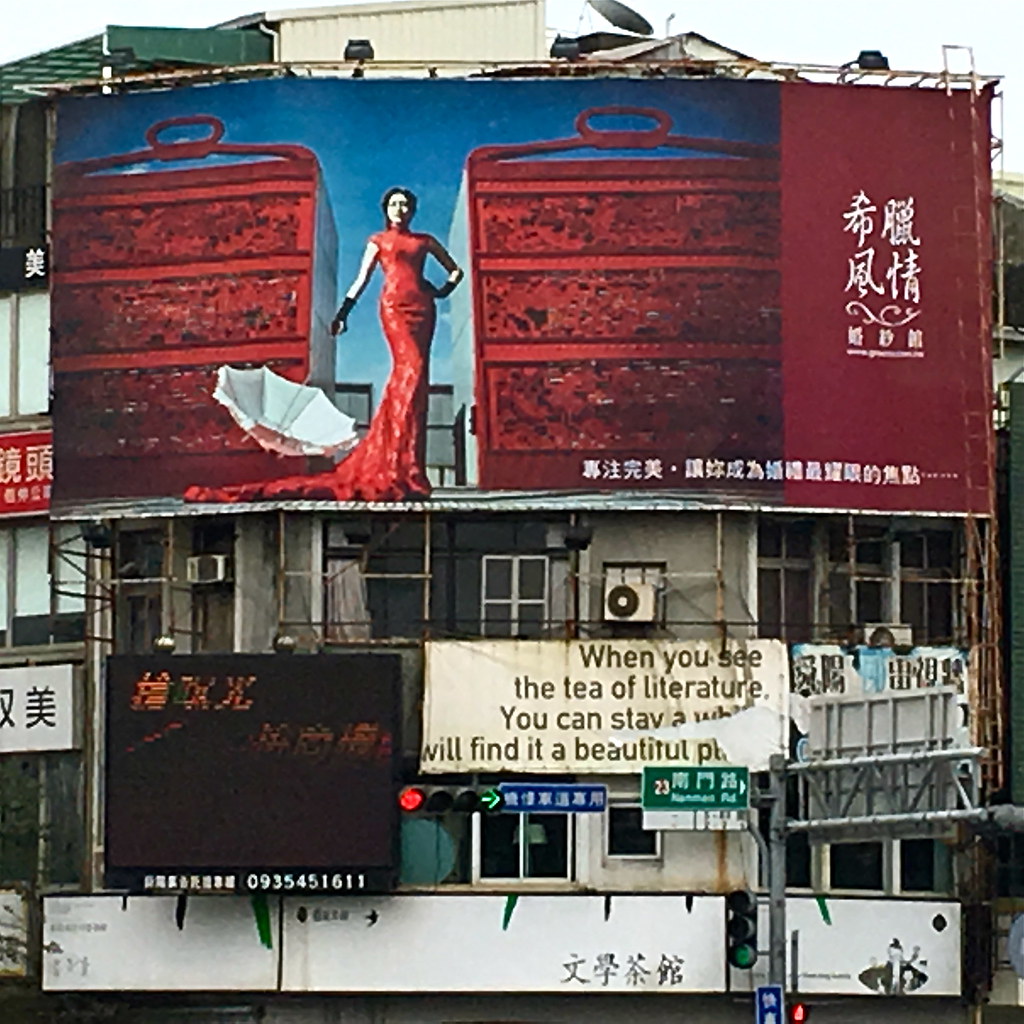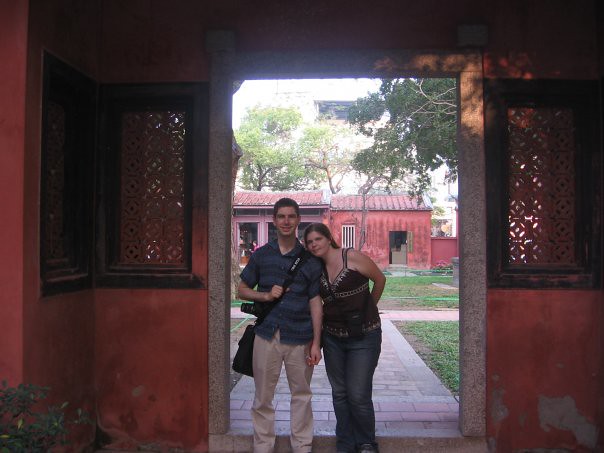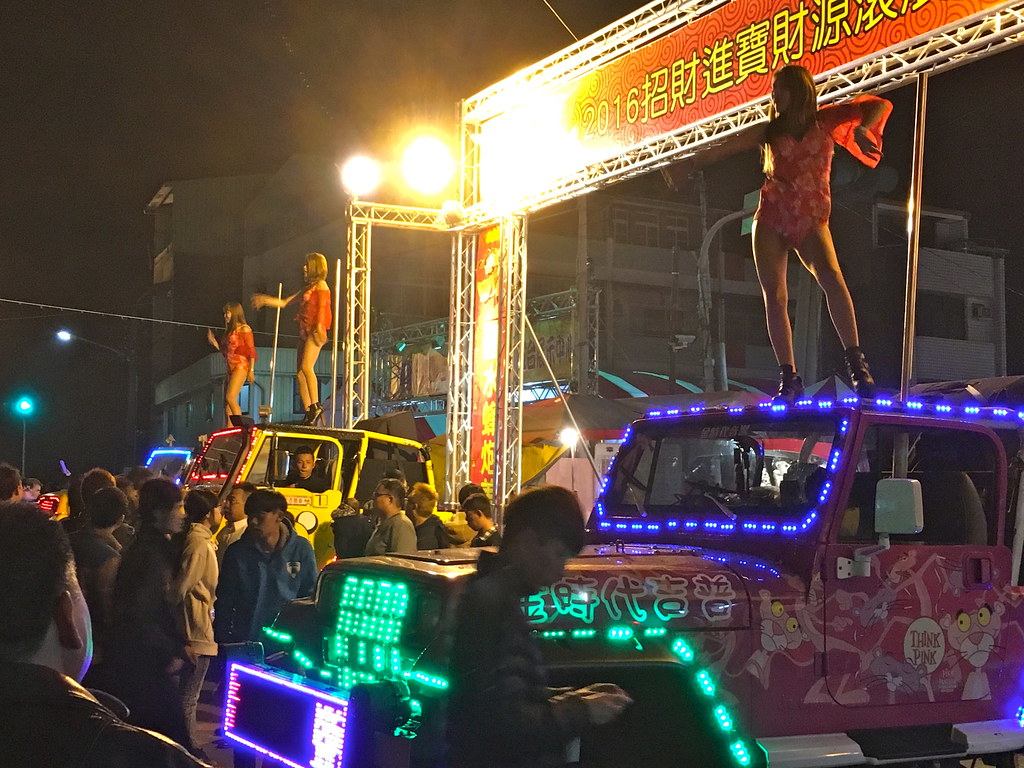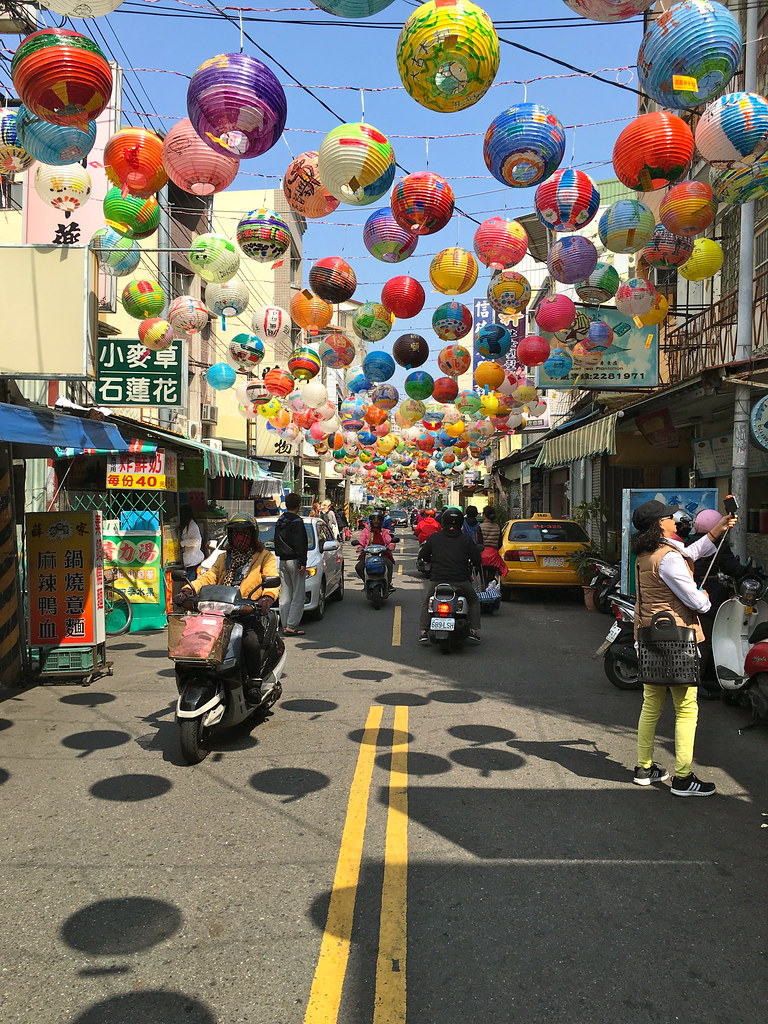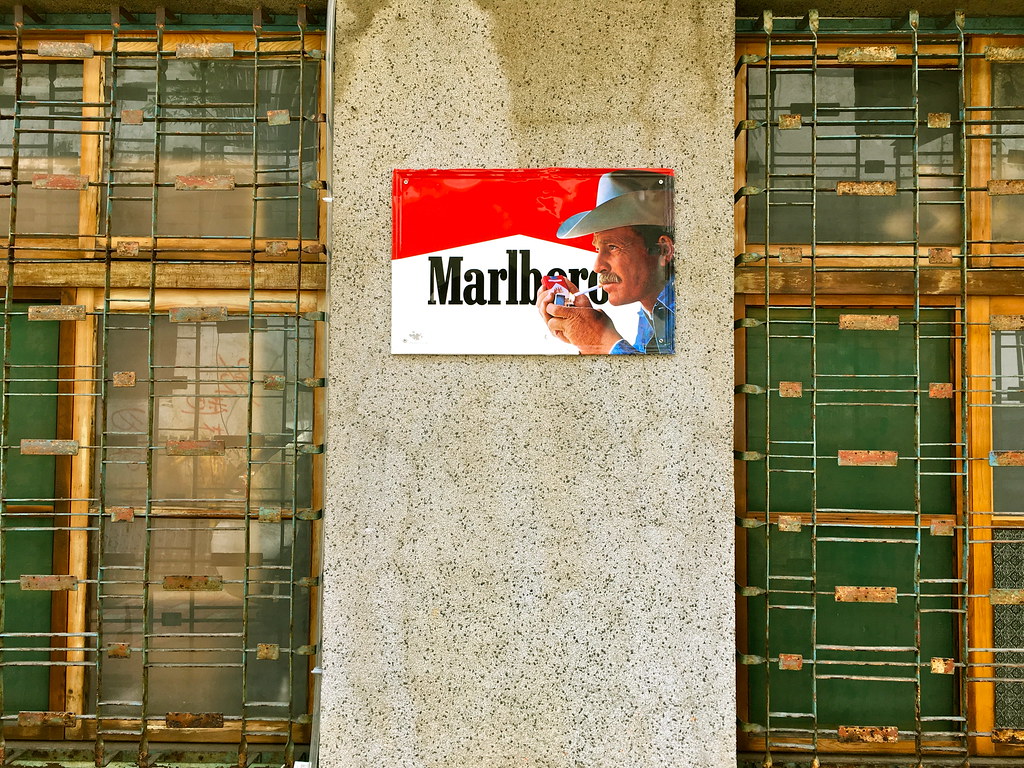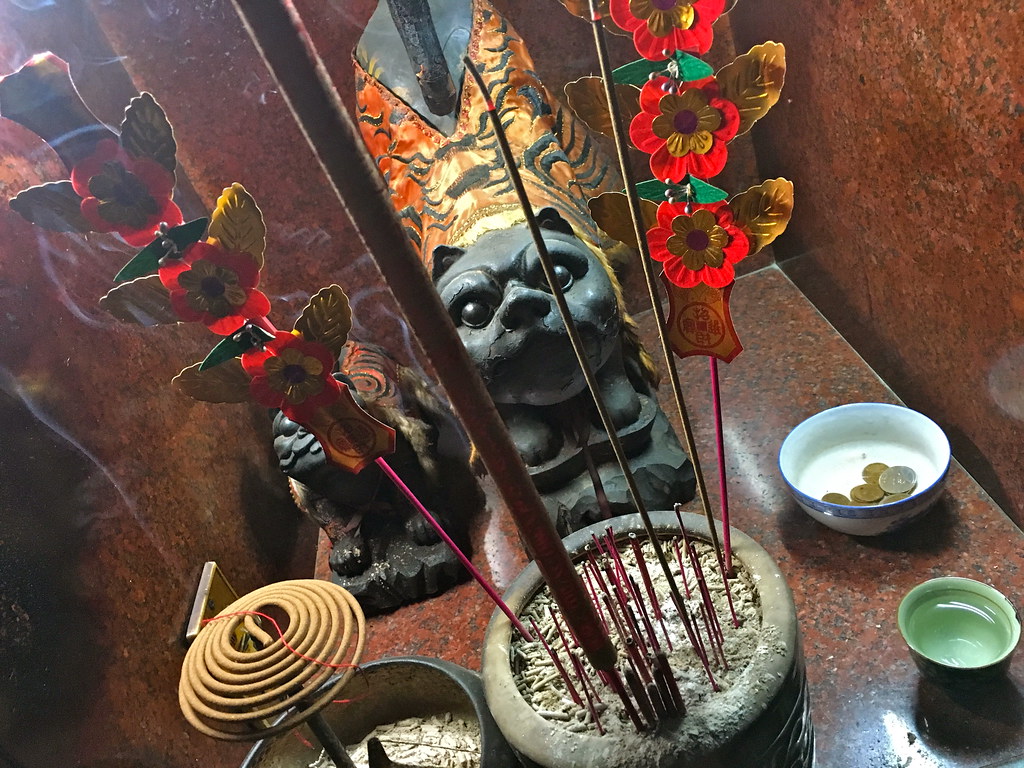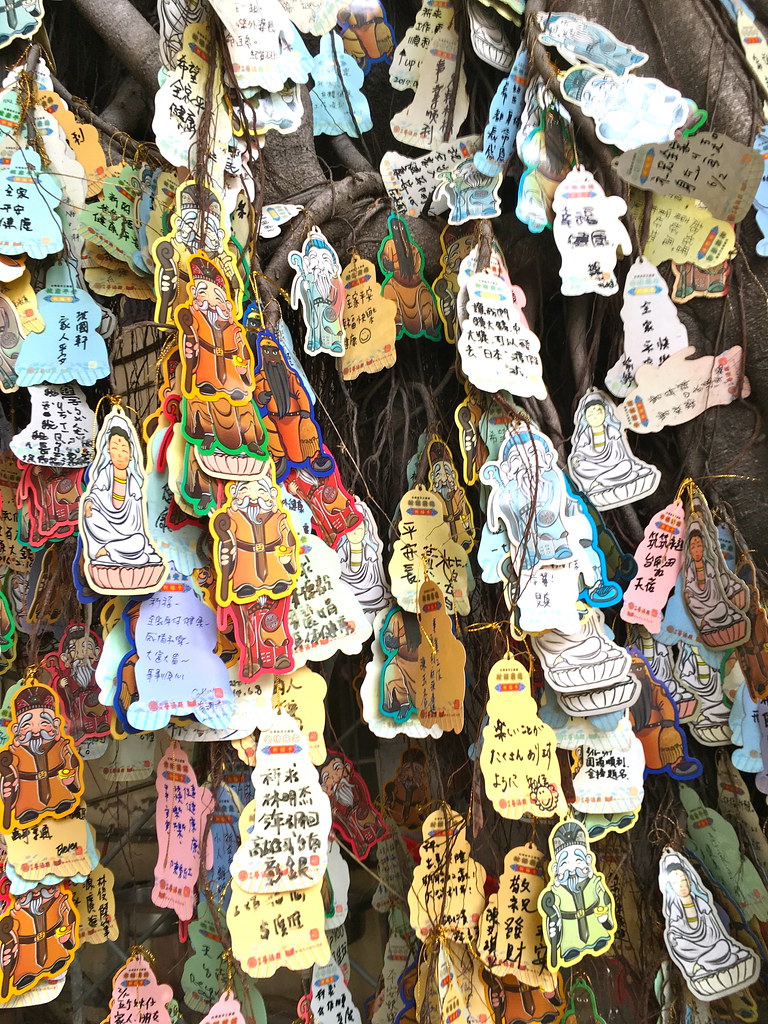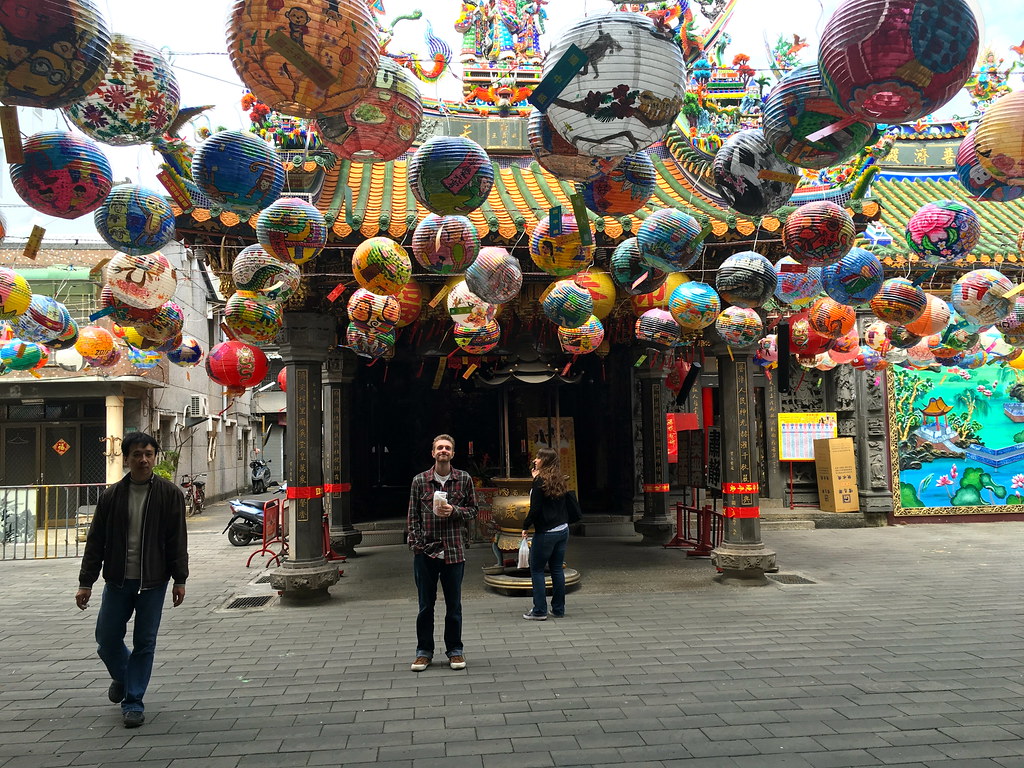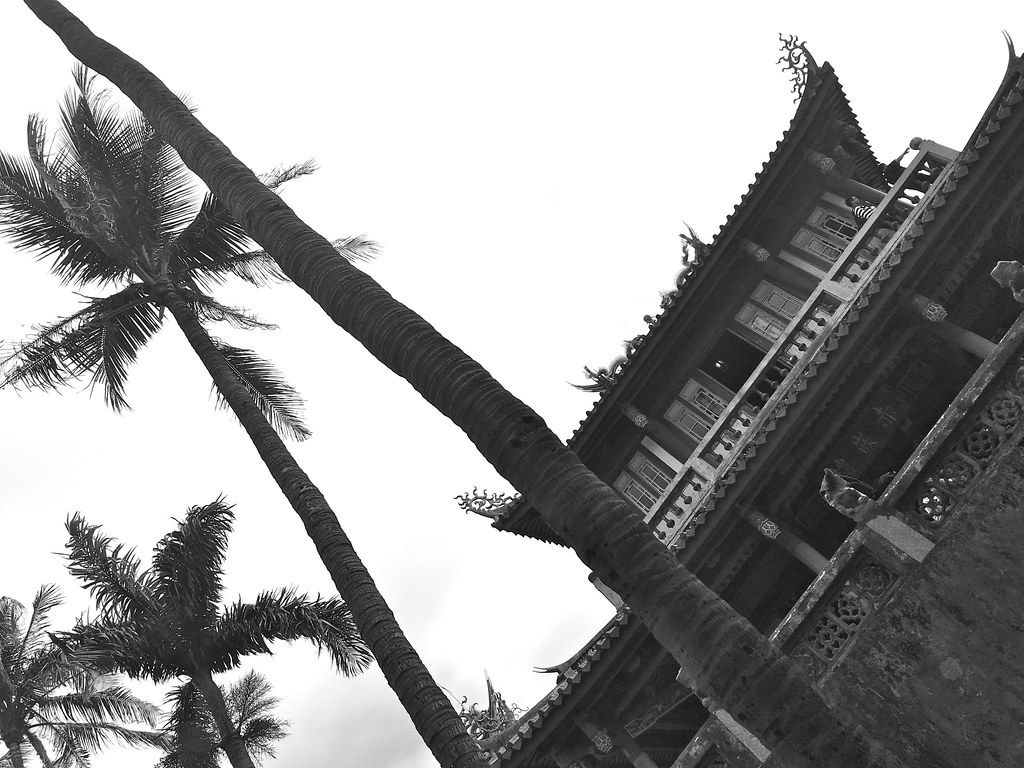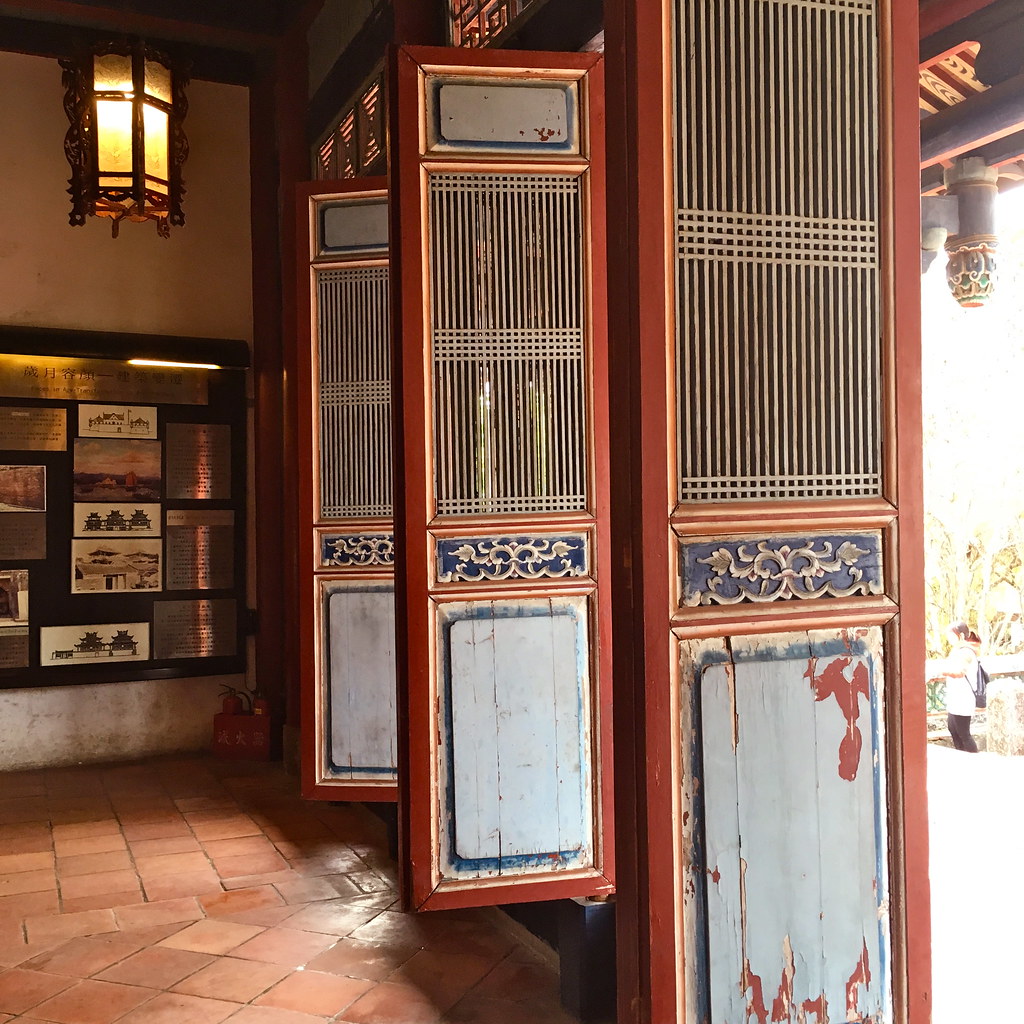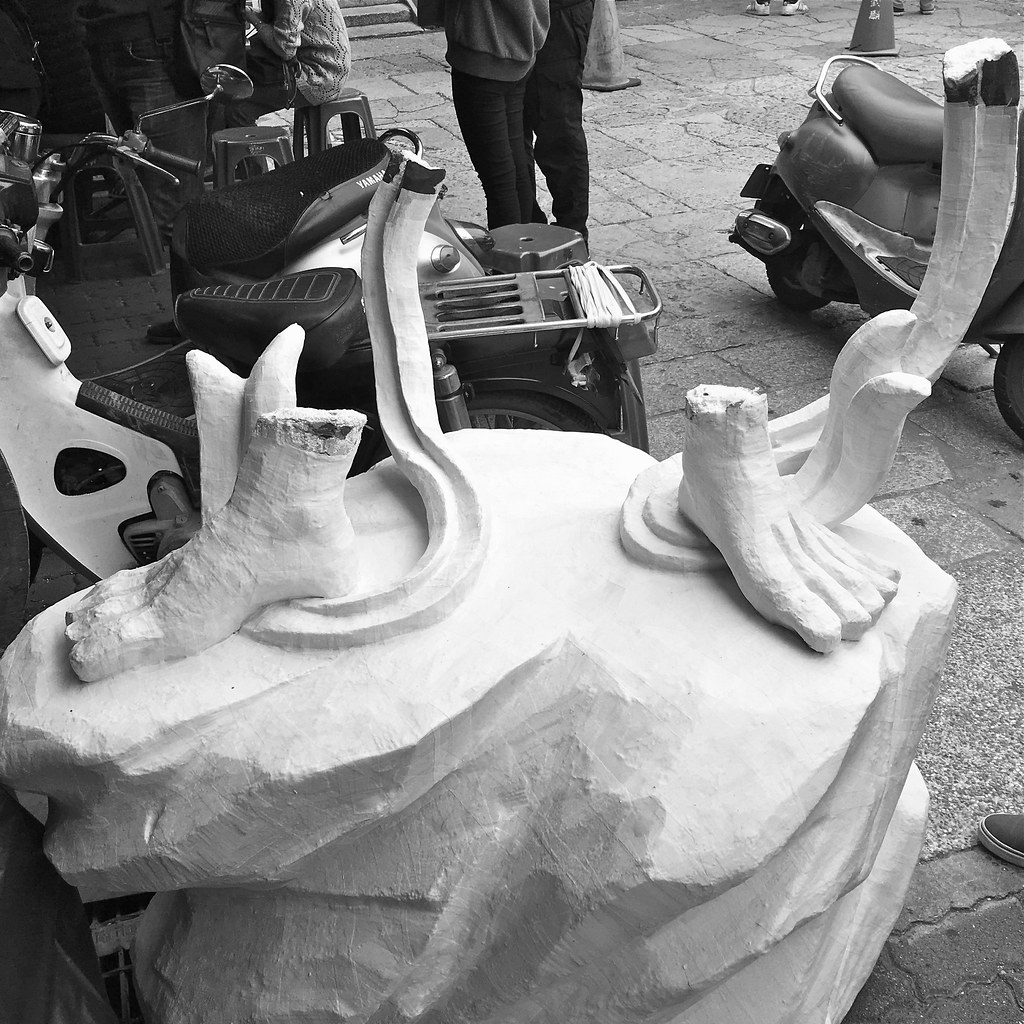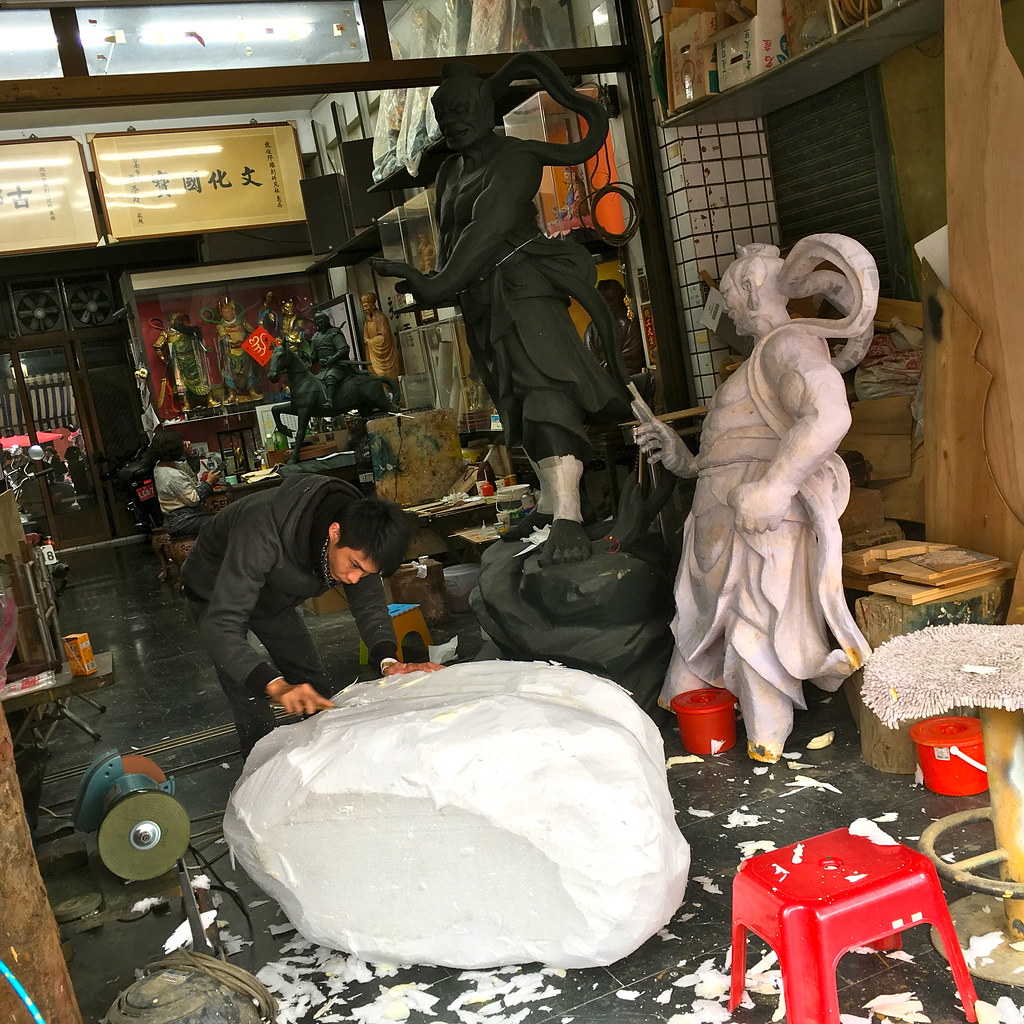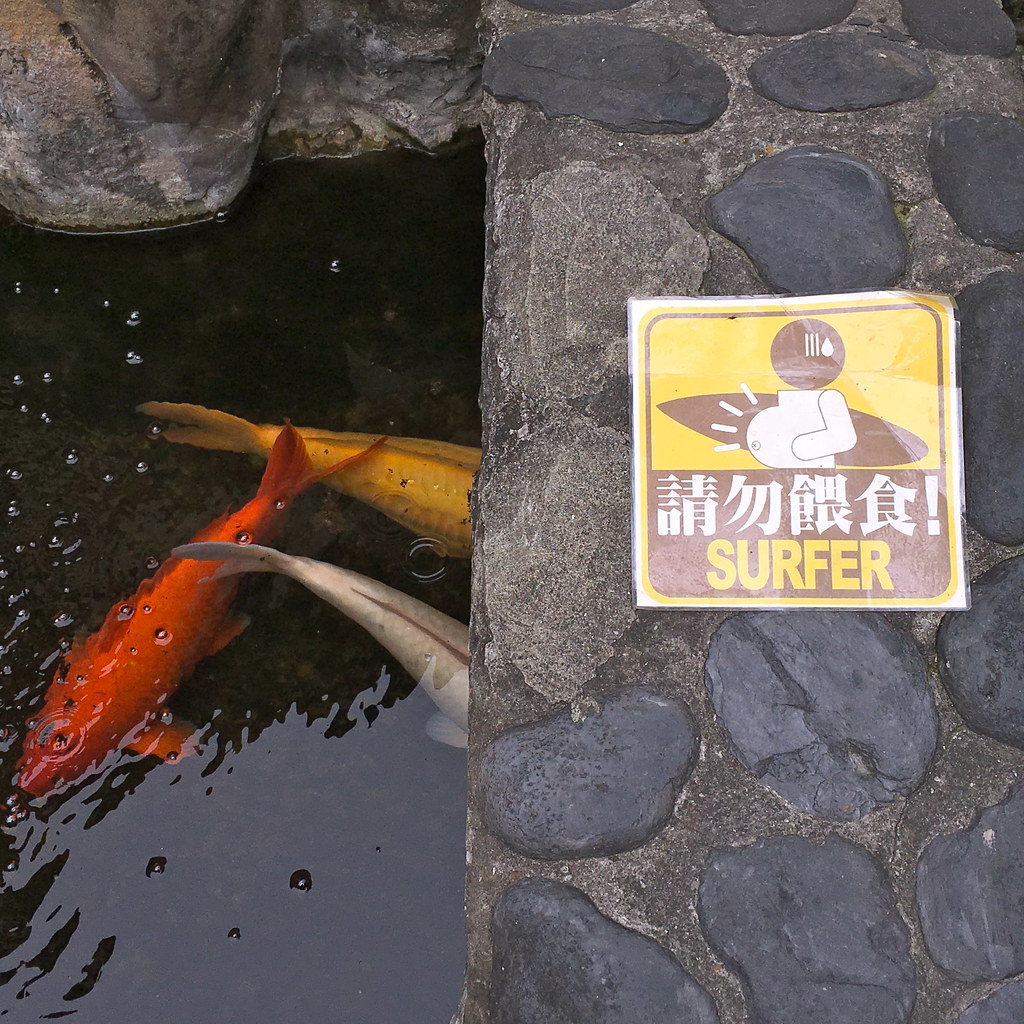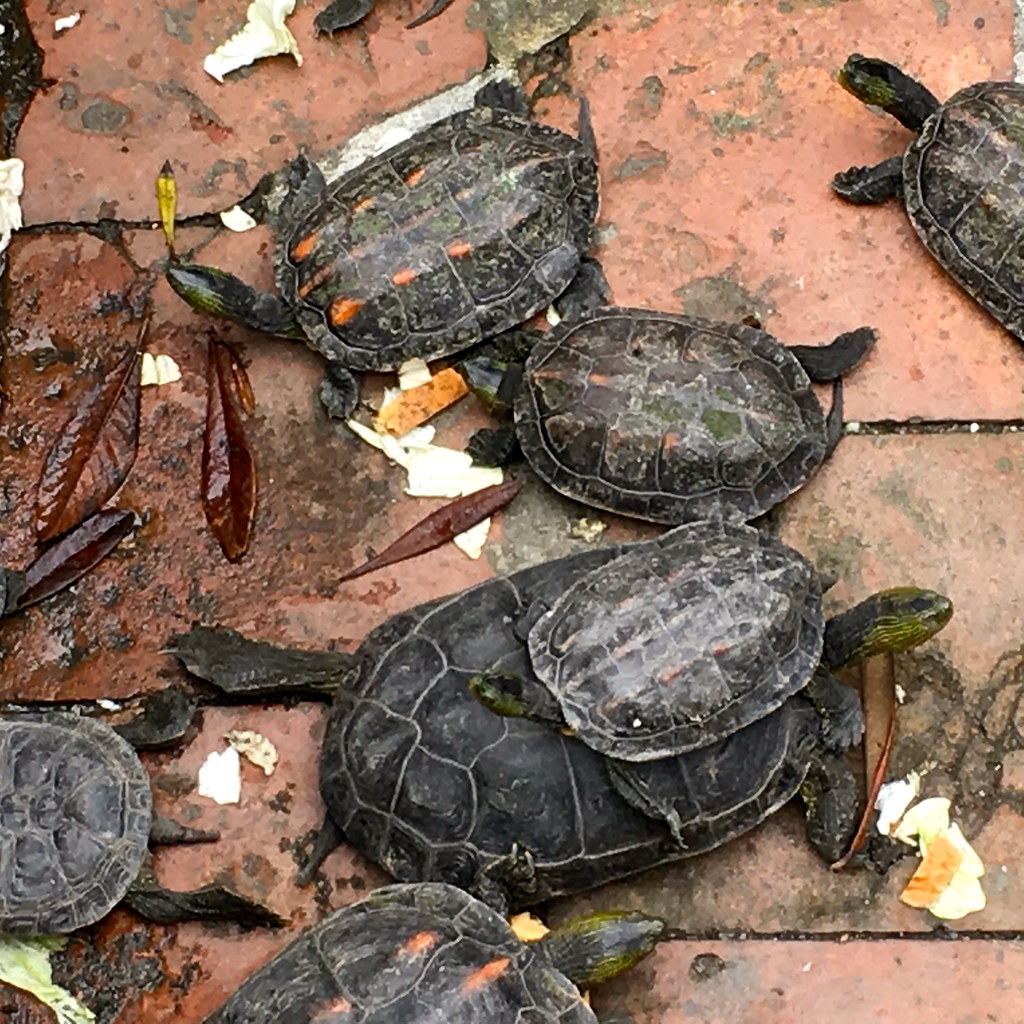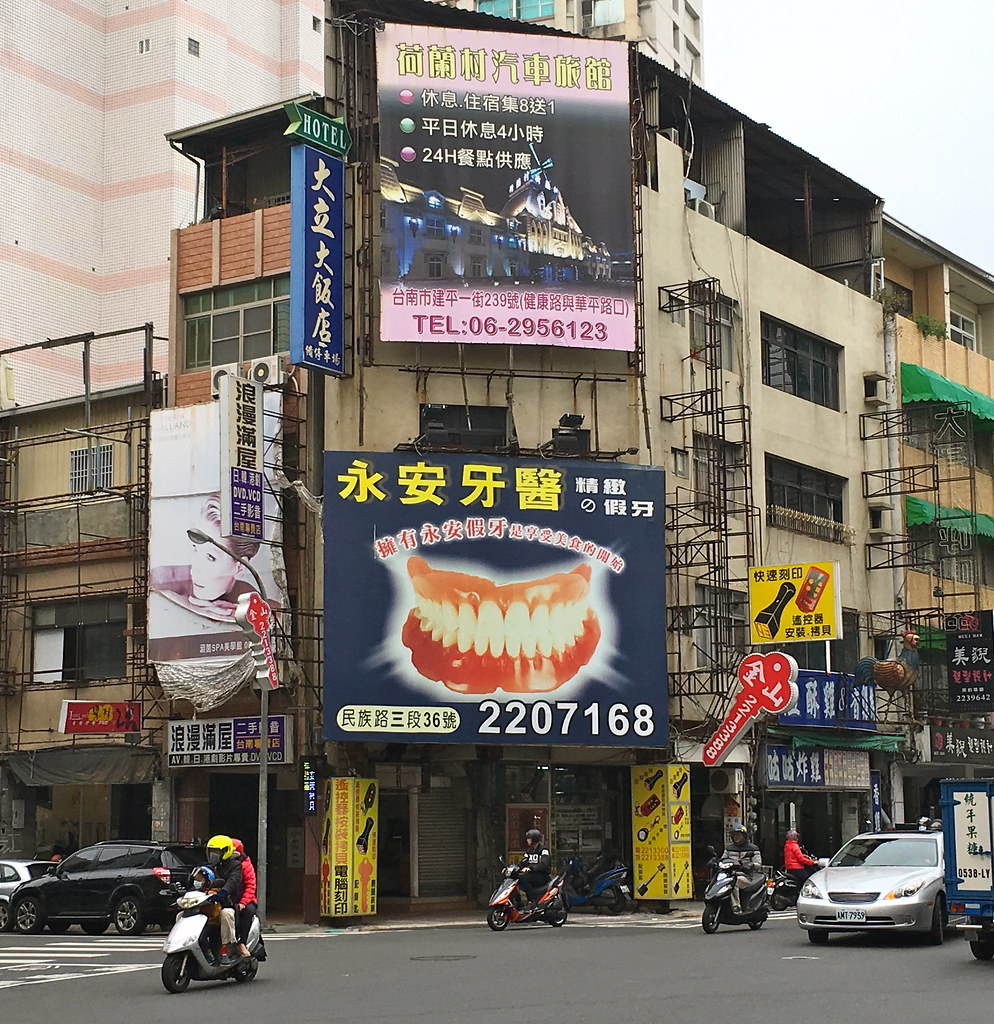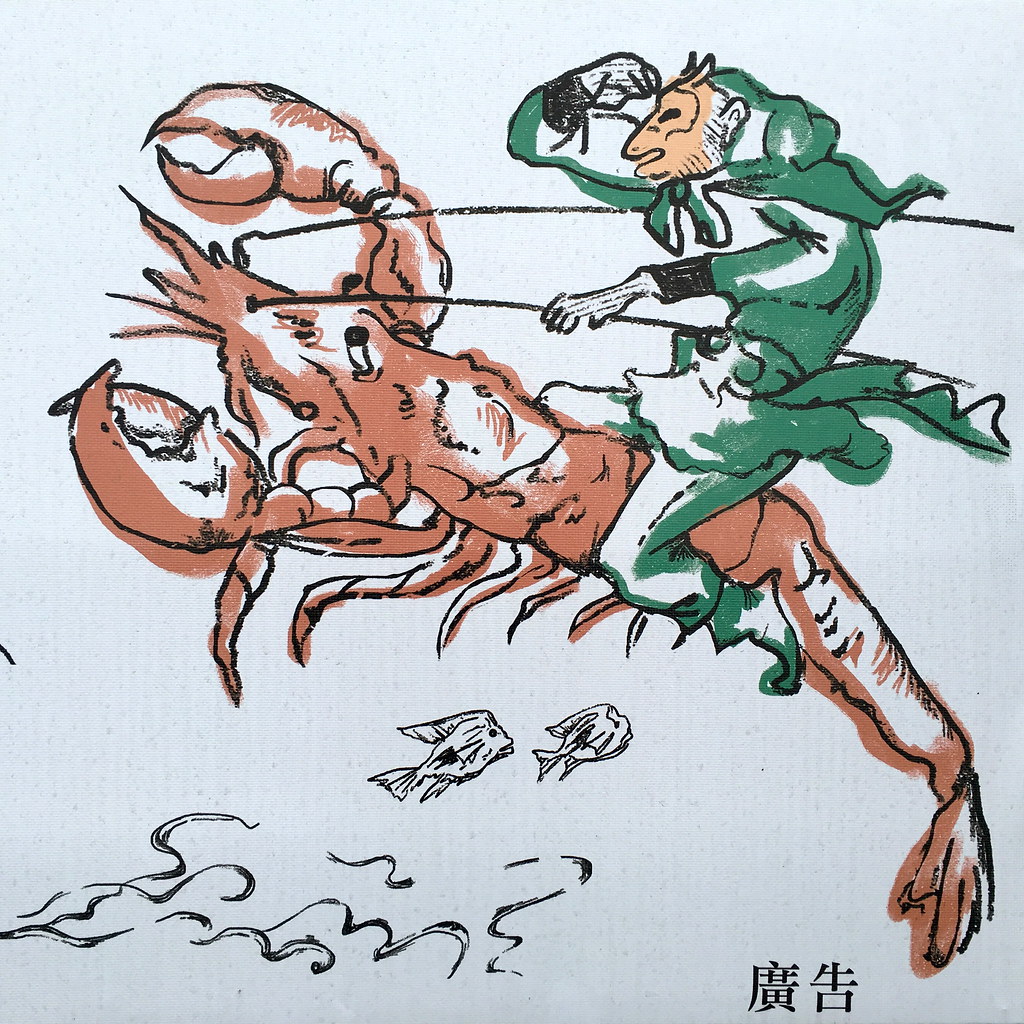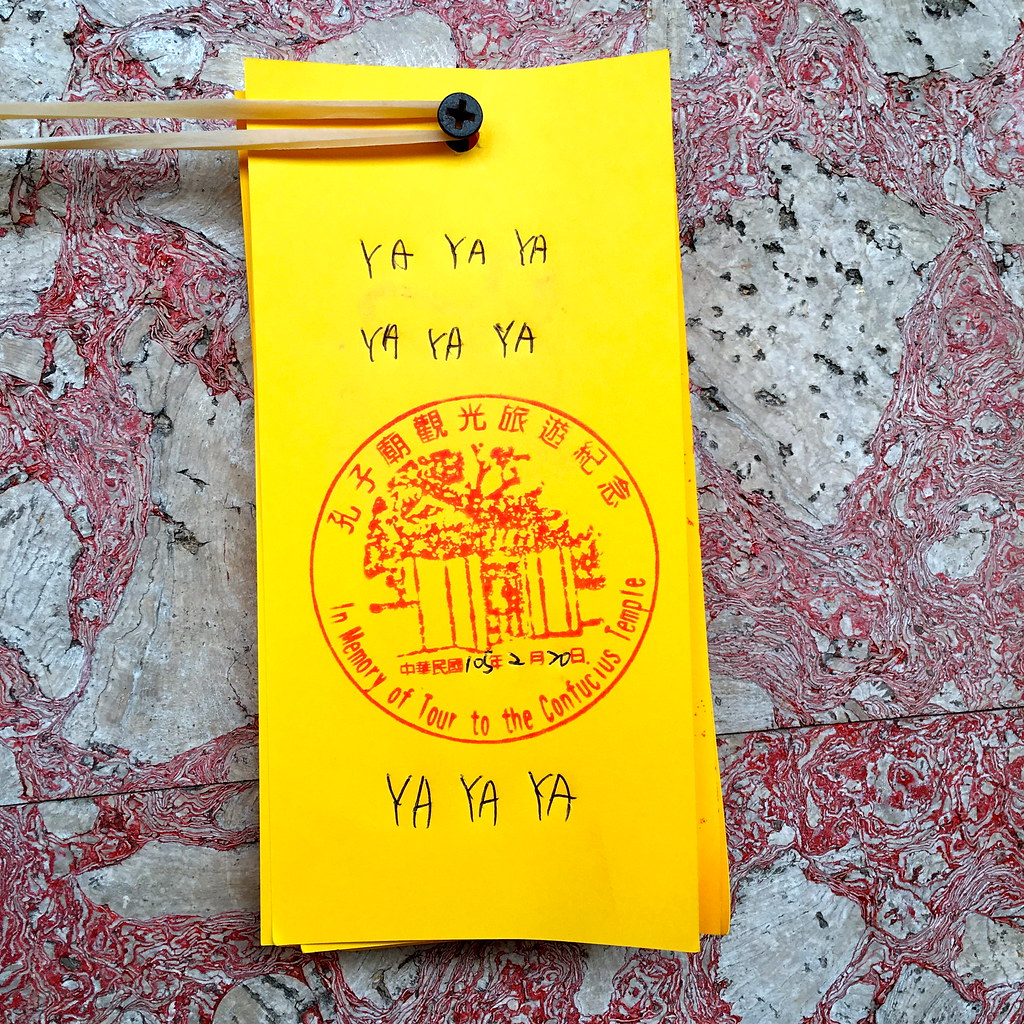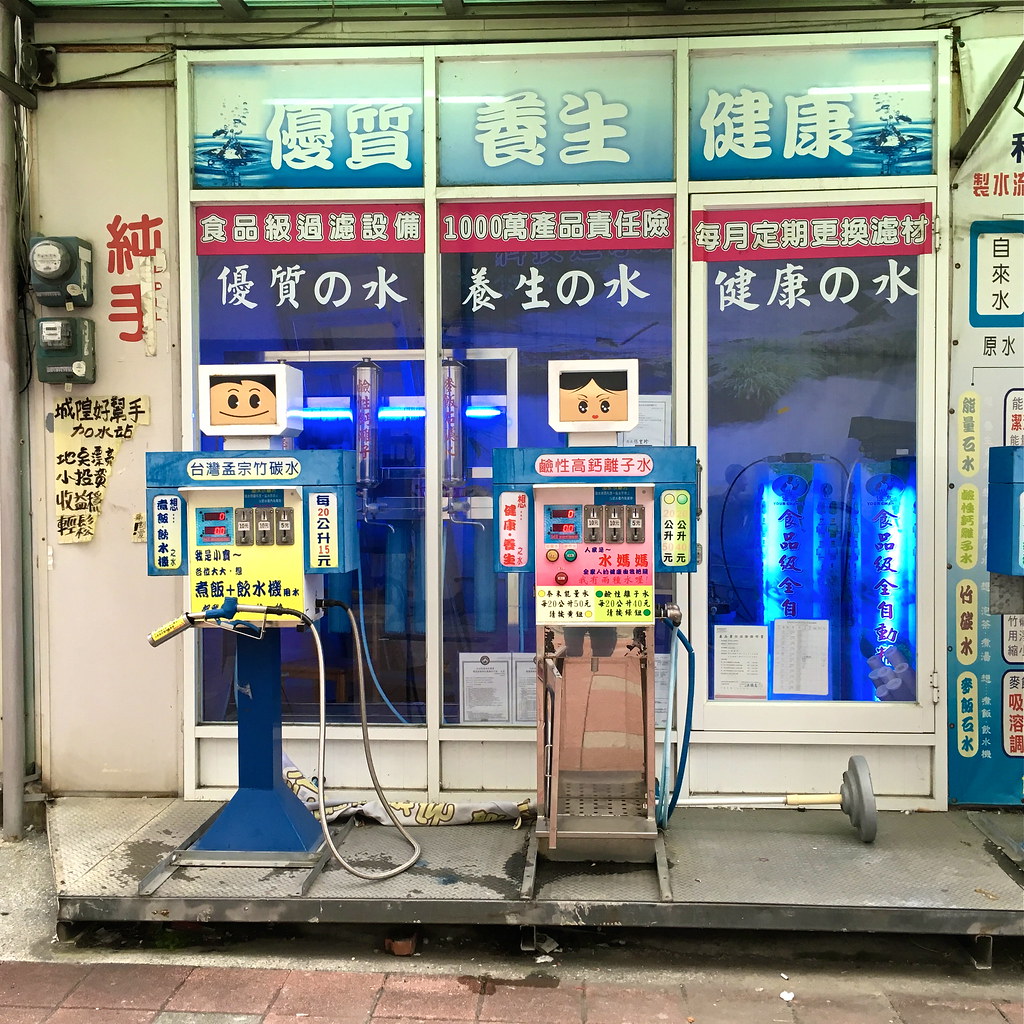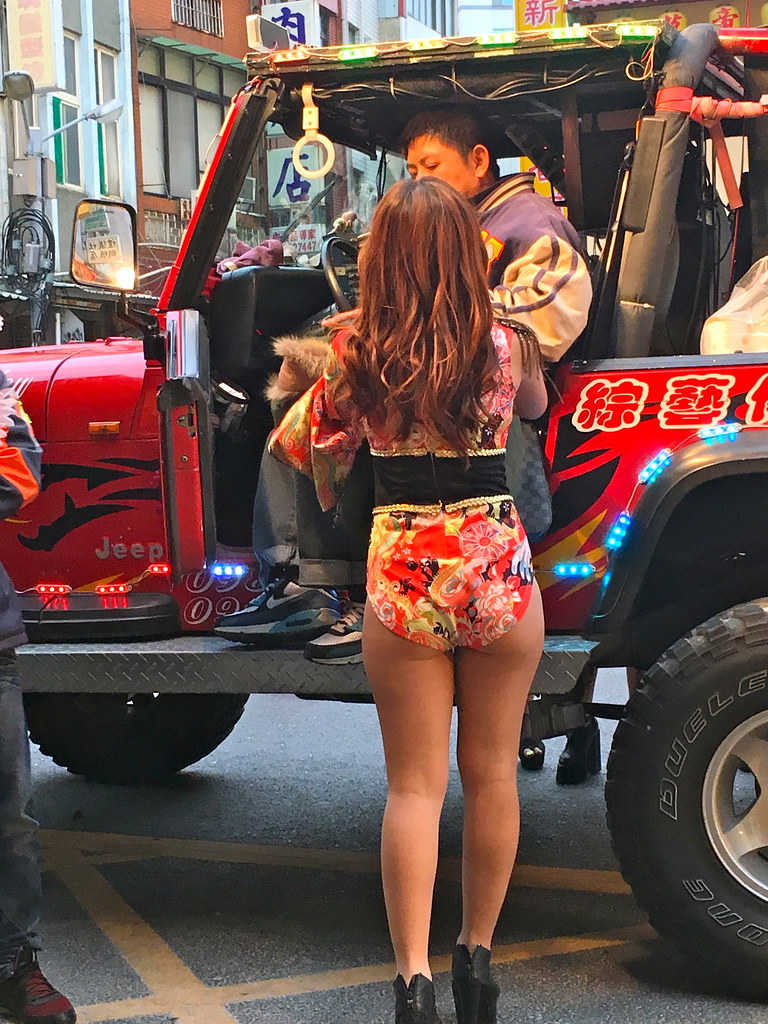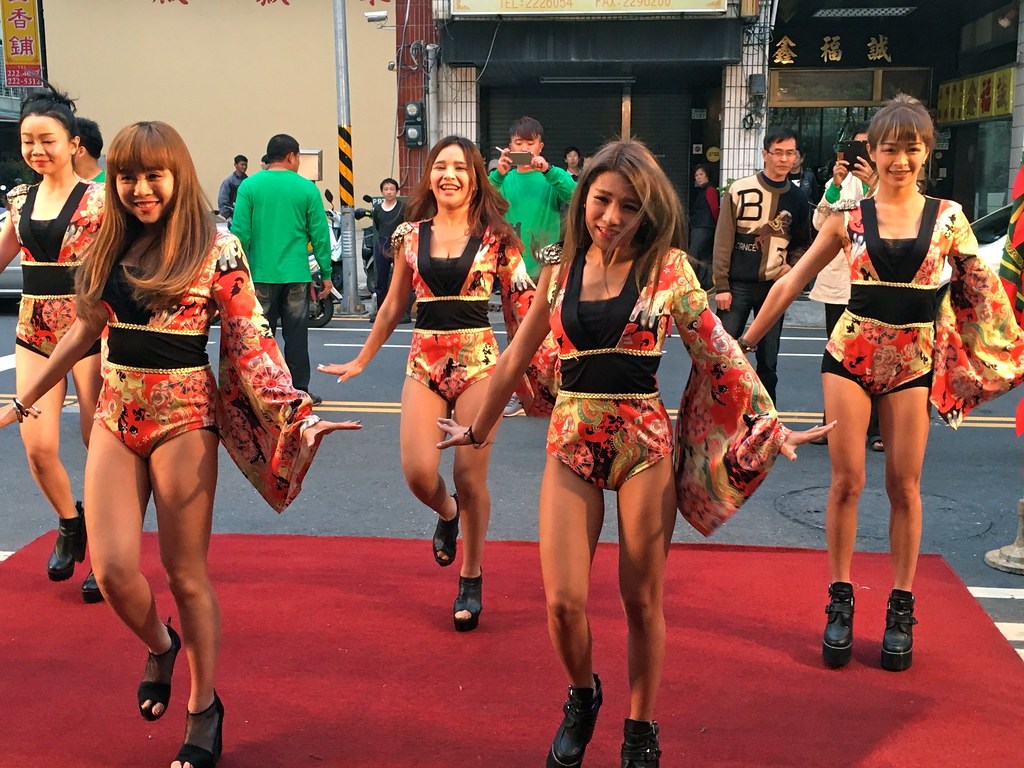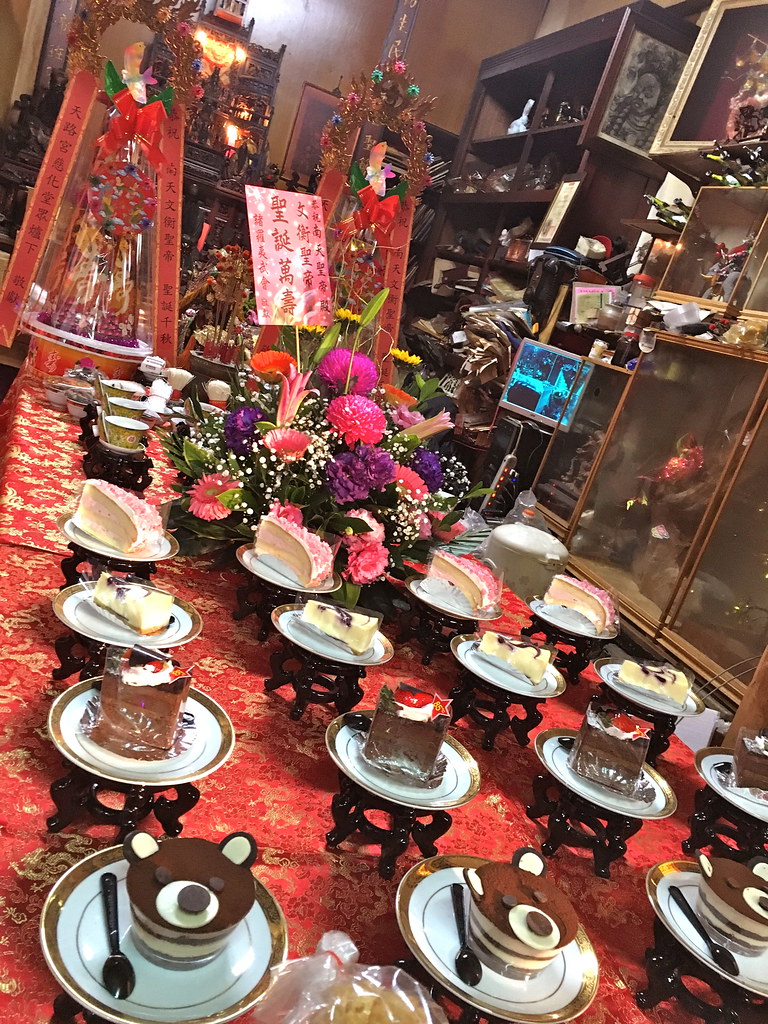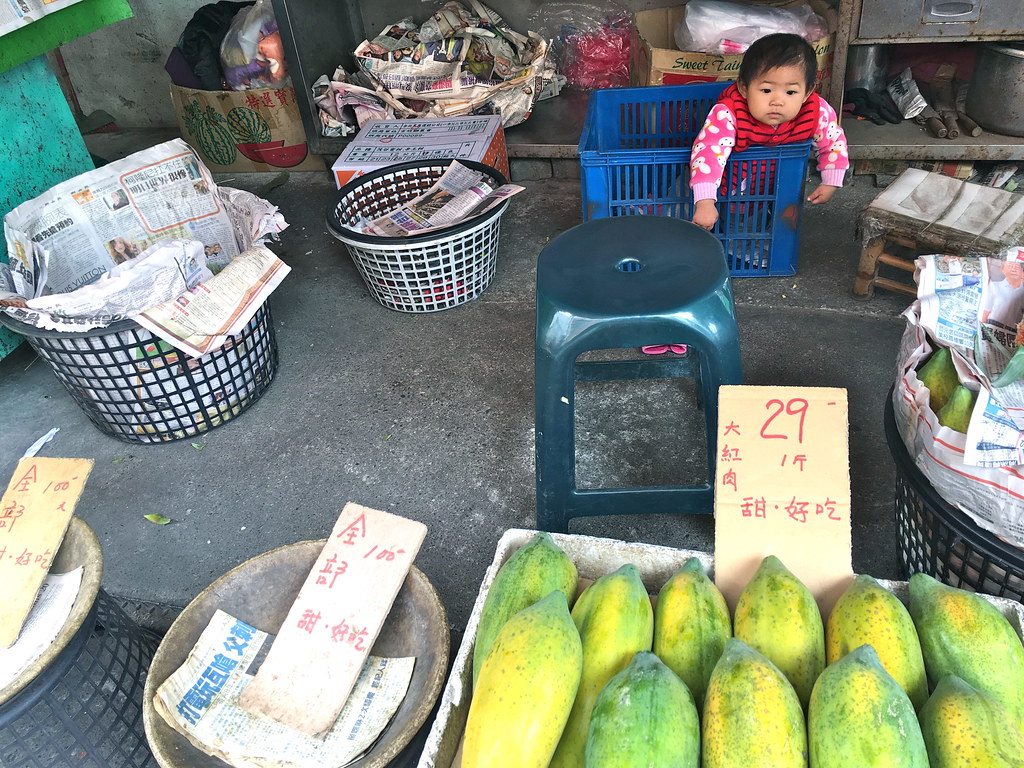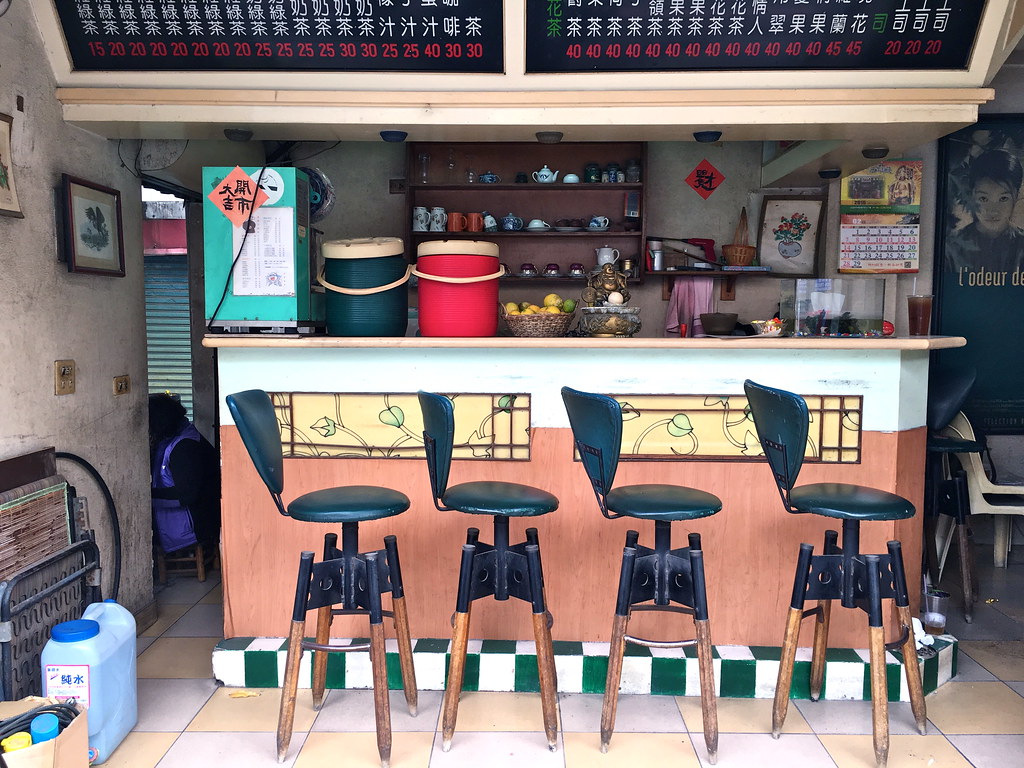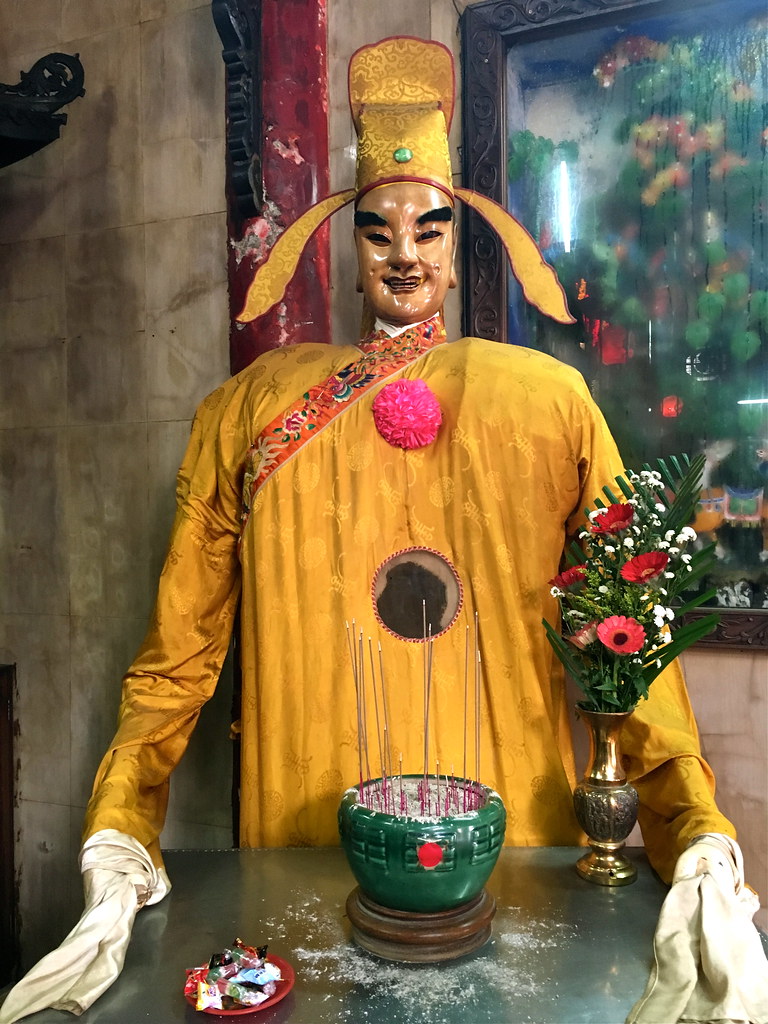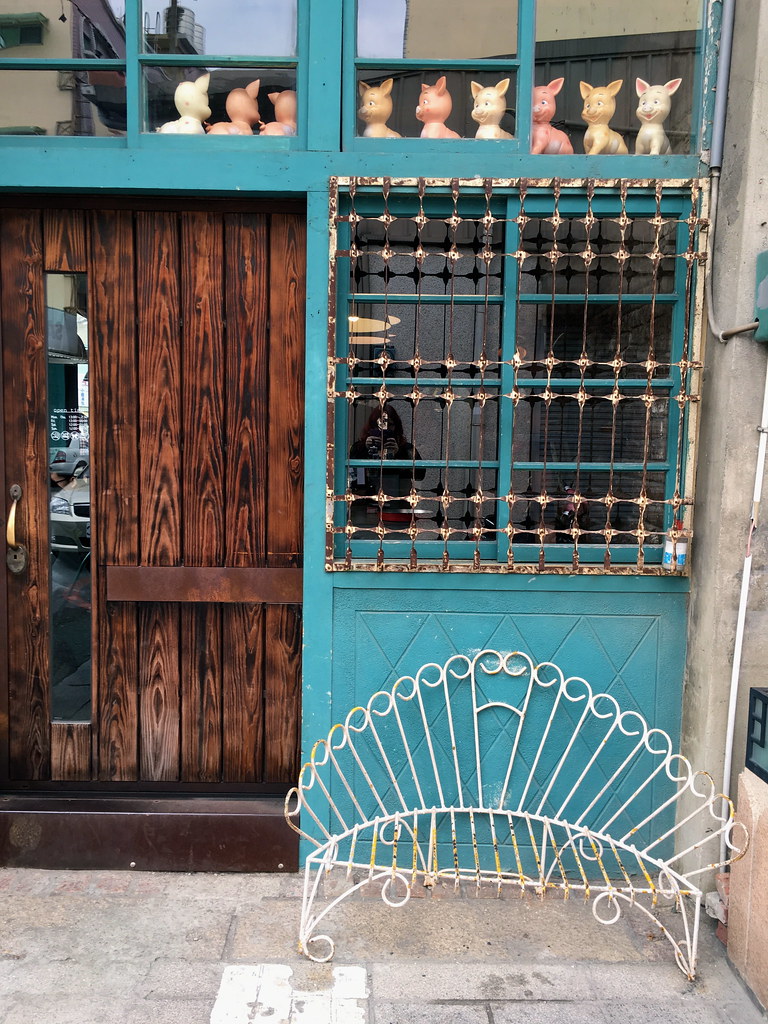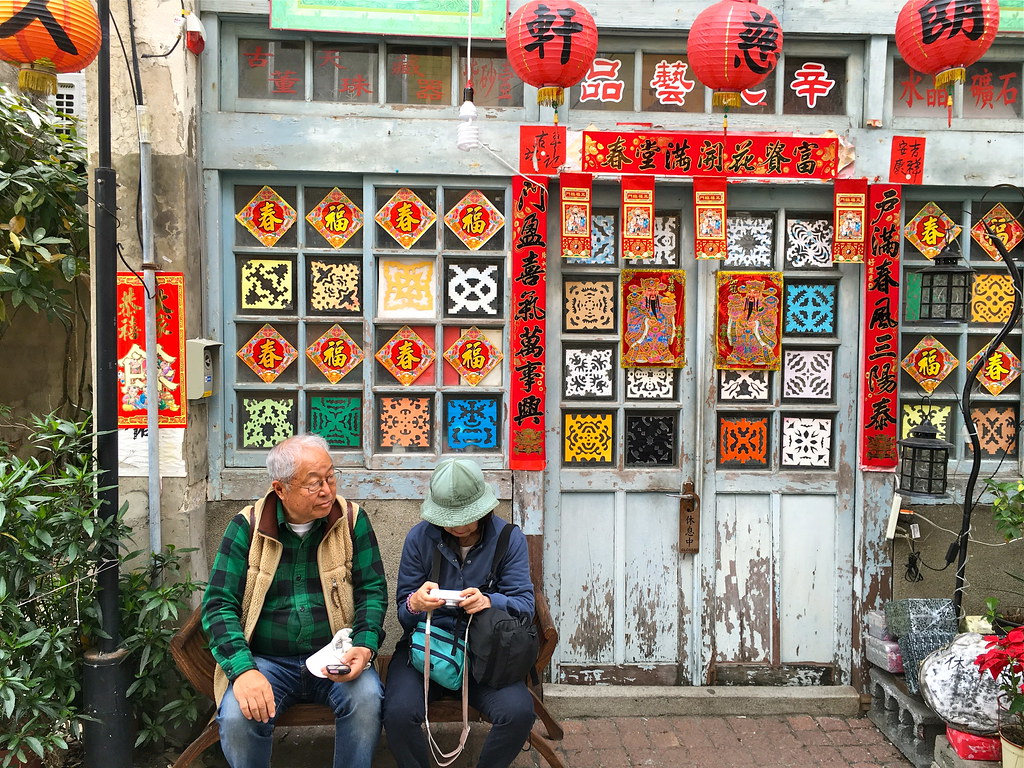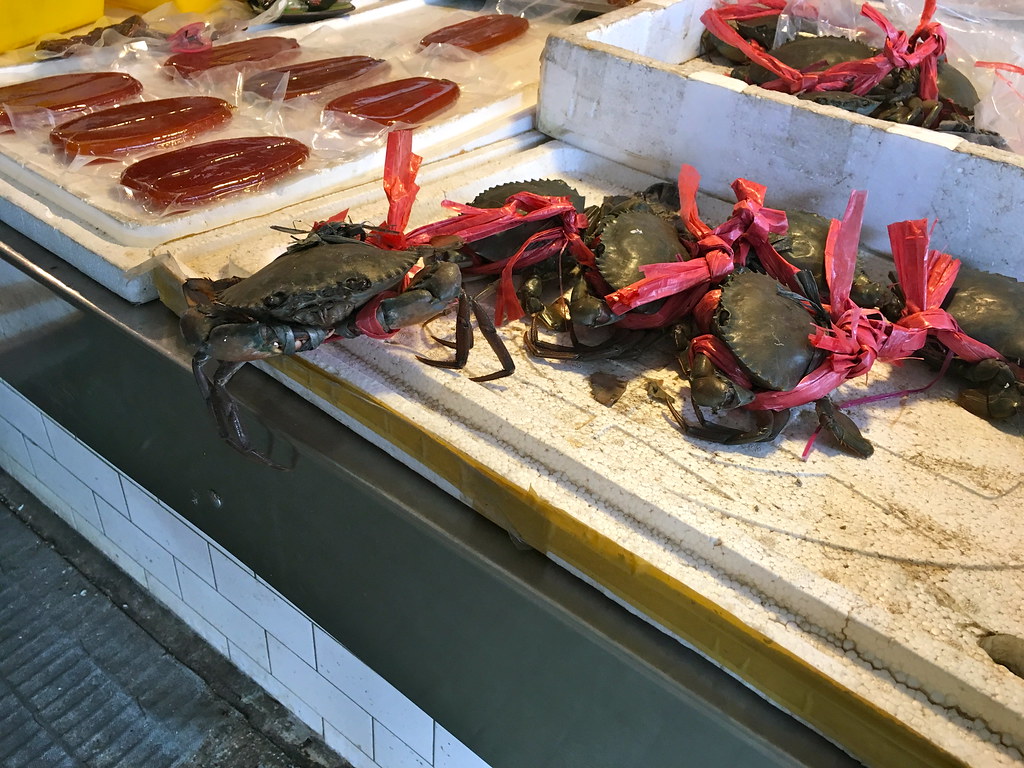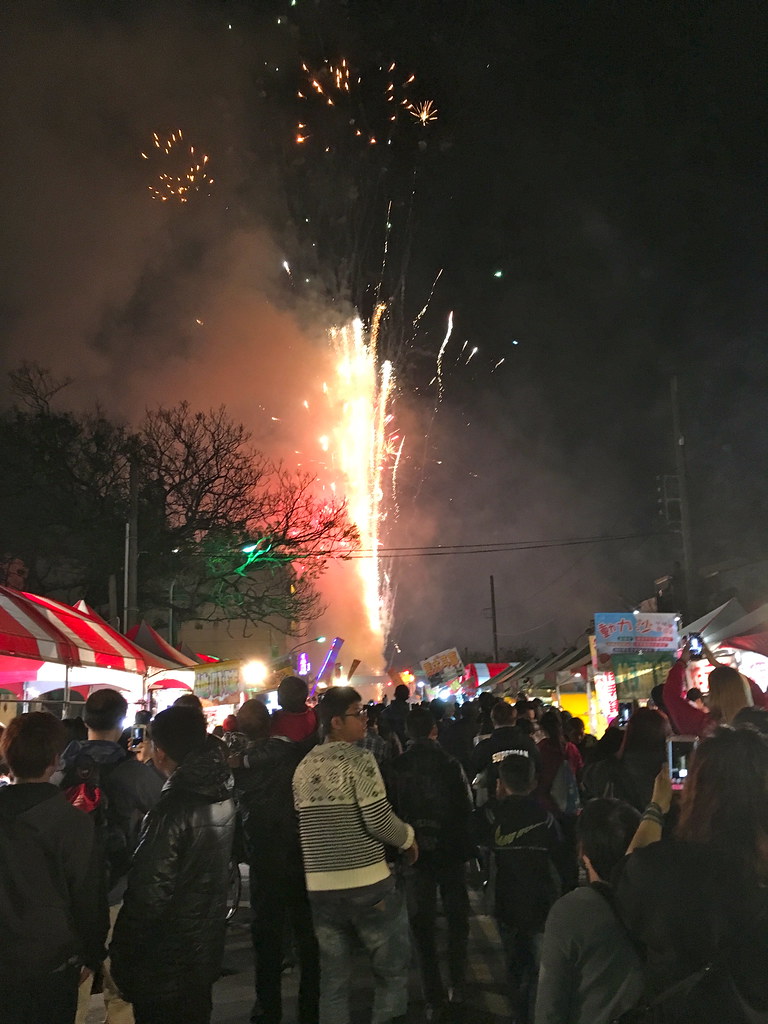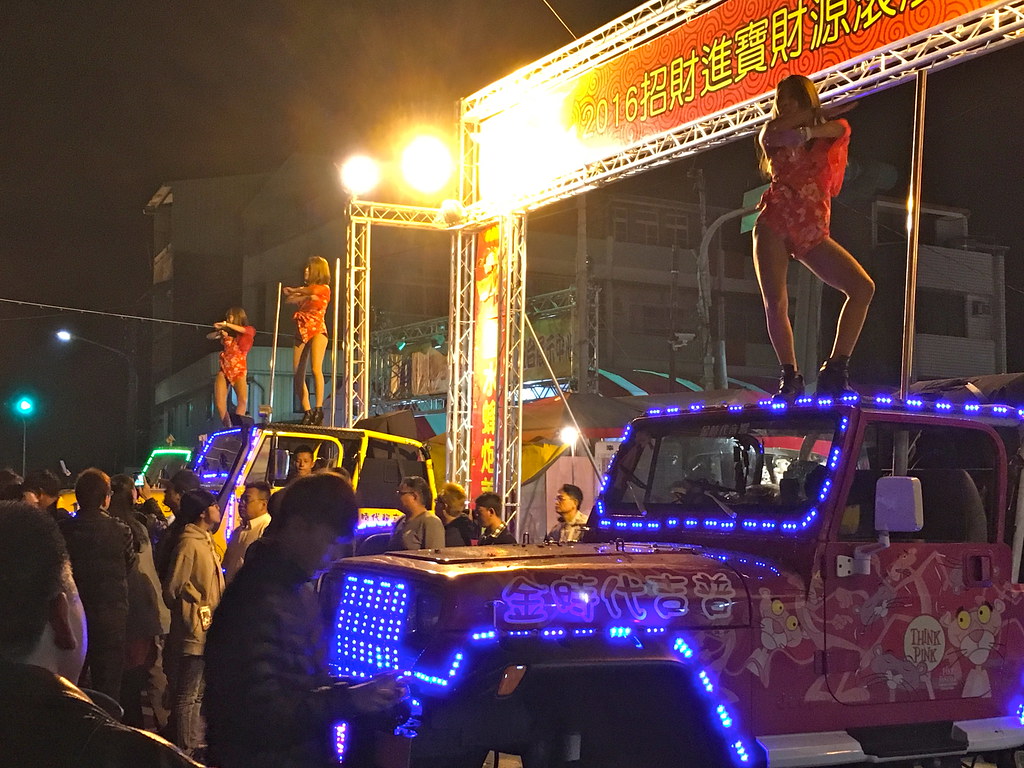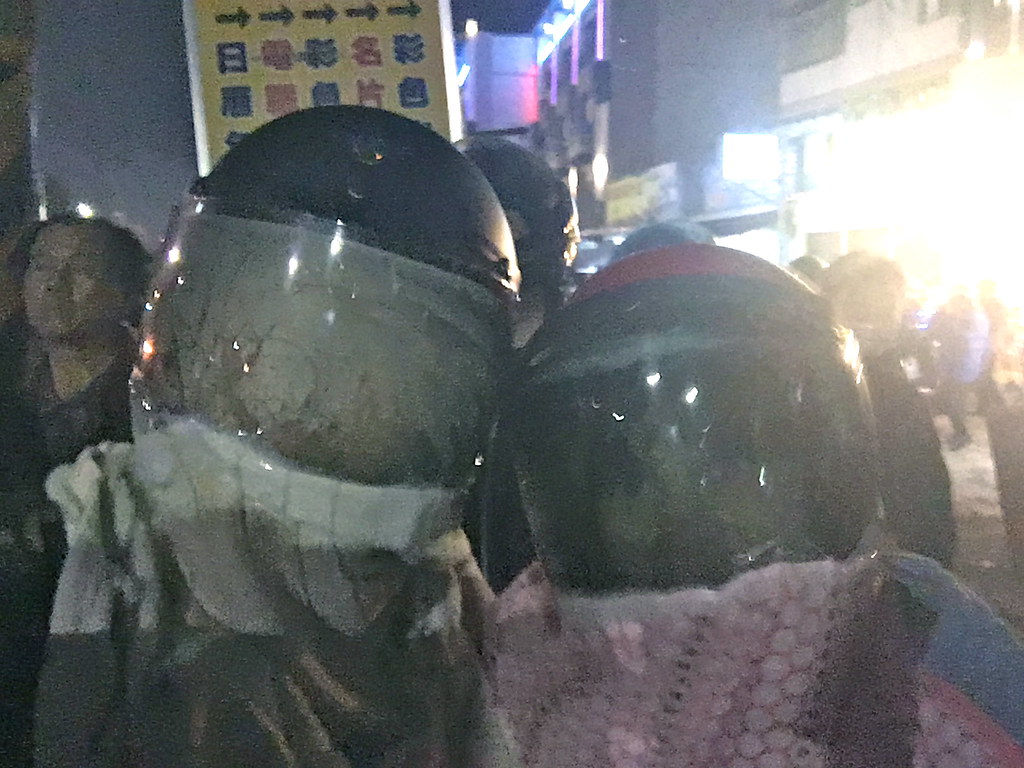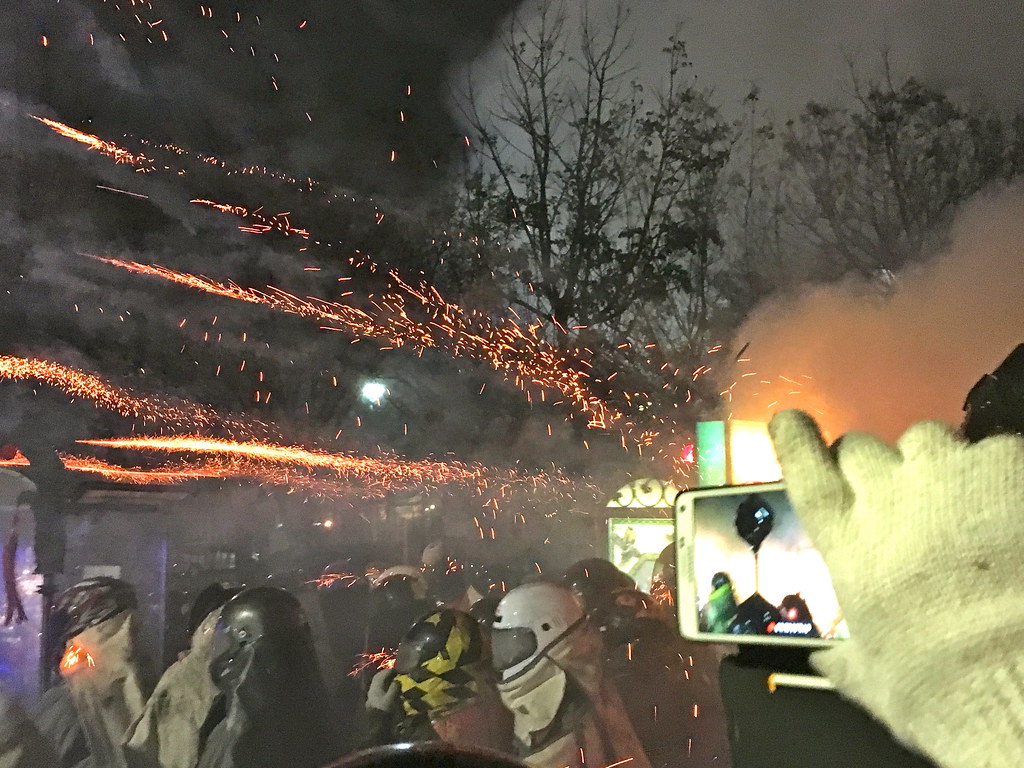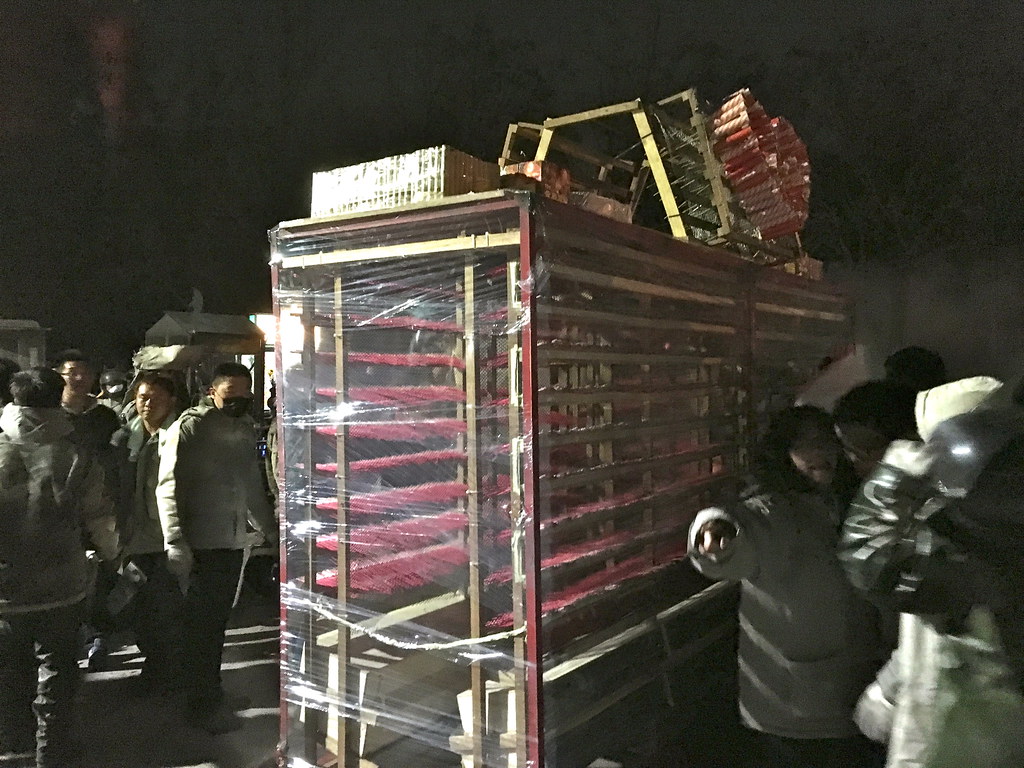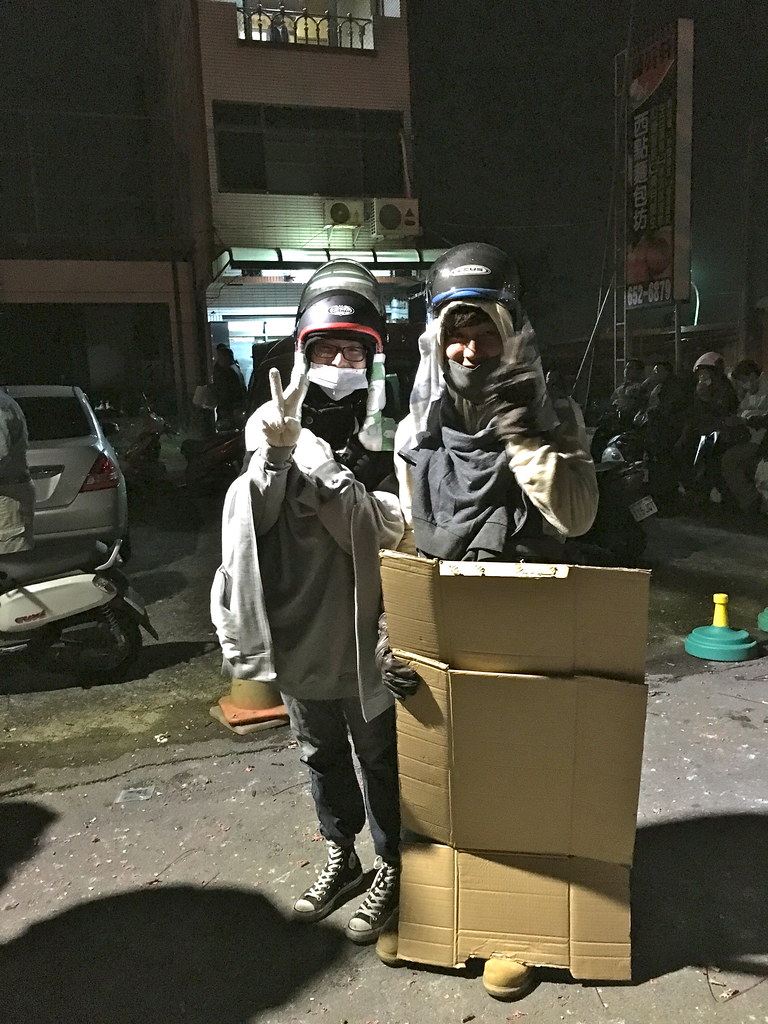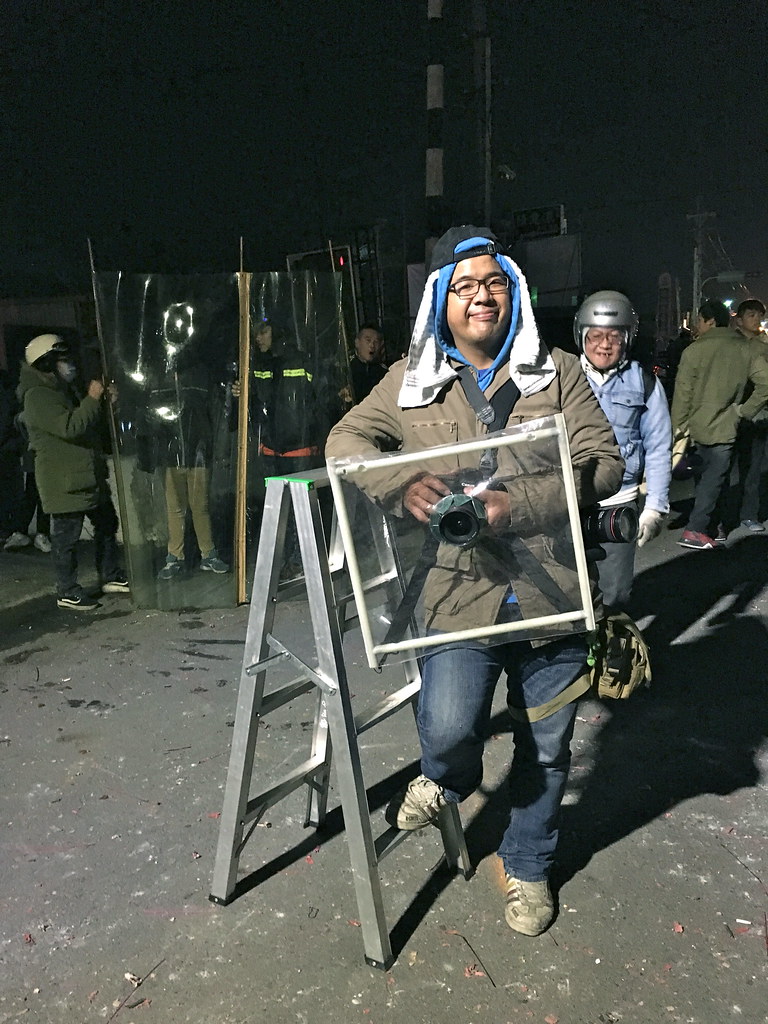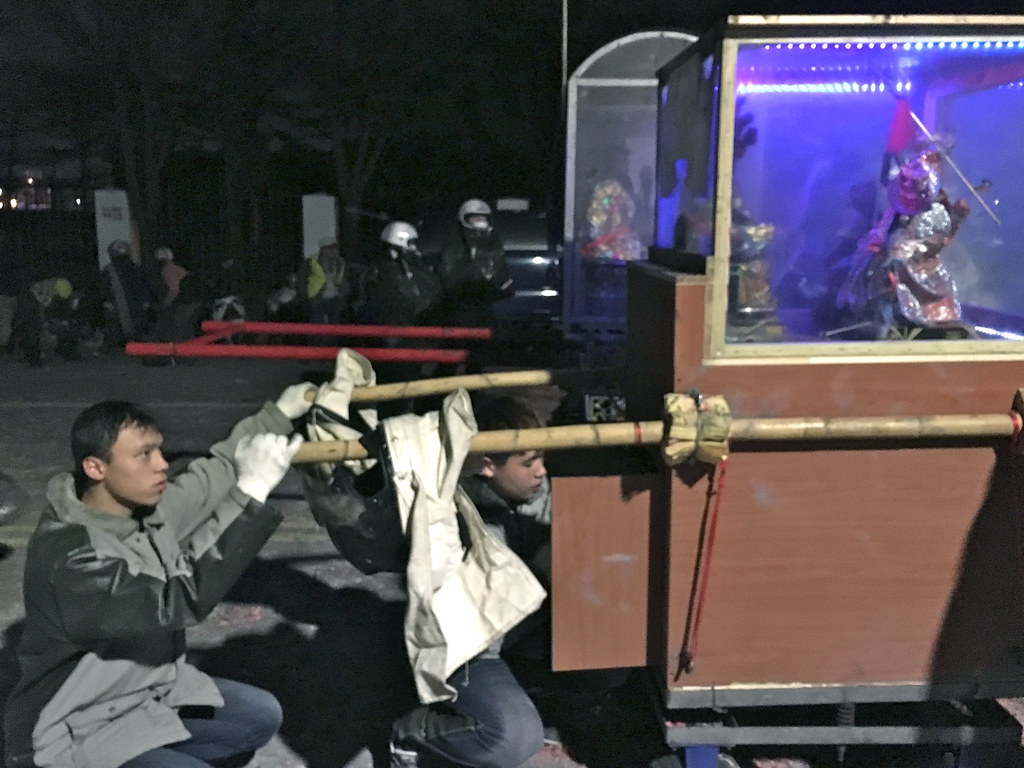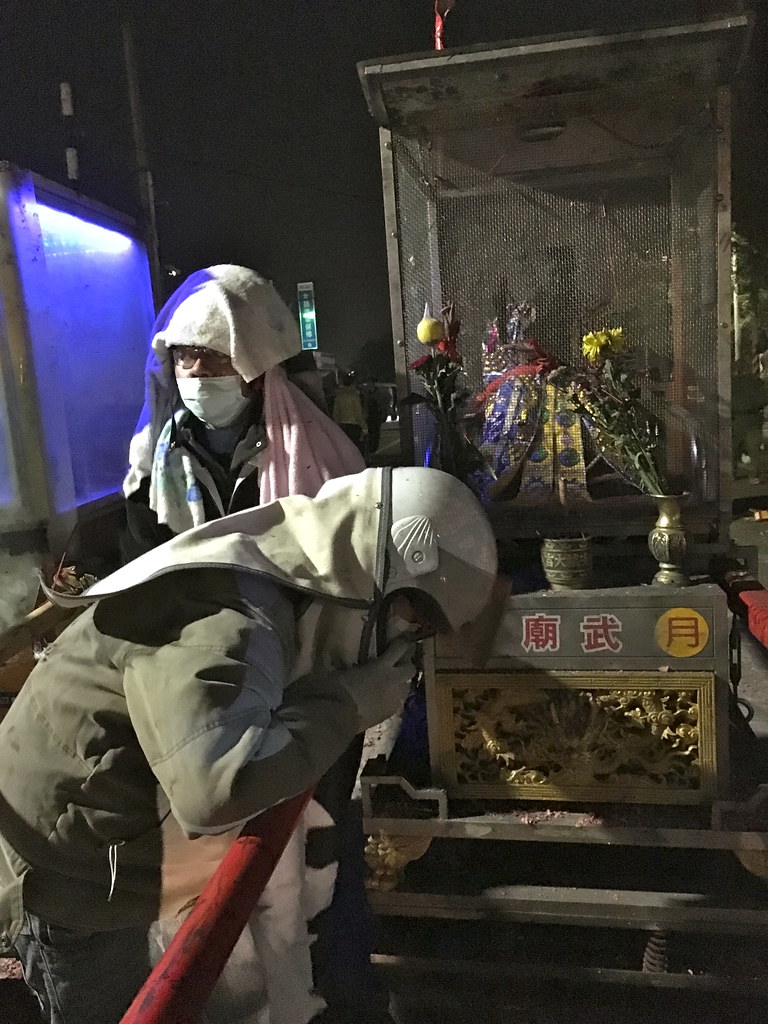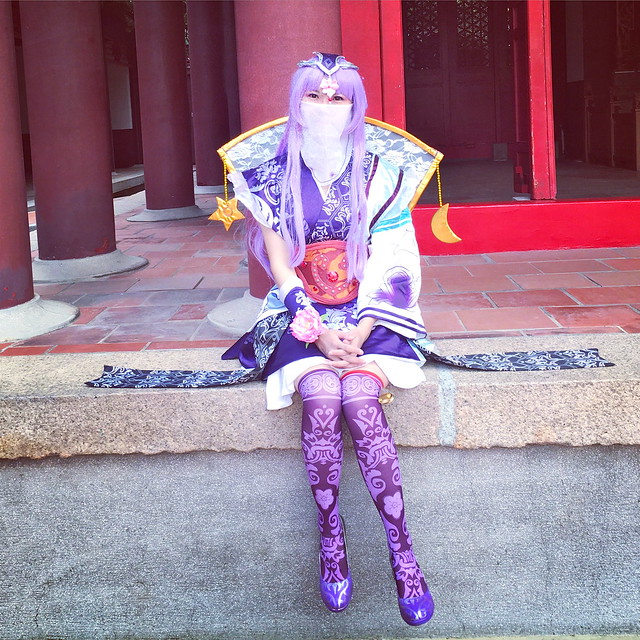
So, a few months after we took our cousin to Tainan and Yanshui, I had the chance to return thanks to work. I was sent to Tainan for a seminar at an accounting firm, and fortunately it was on a Friday. As I have a fairly flexible schedule, I was able to arrange to stay for the weekend. I finished my seminar at 1pm, took a taxi to our hotel. It was a cute youth-ey hostel-y type place called Right Now B&B, a short walk from Chikan Towers but a bit north of the heart of the city - the actual hotel is nice in a 'young people vibe' sort of way, although the building it's in is a bit grotty. We booked this instead of Tung Ning, which I had liked, because the private rooms at Tung Ning seemed to already be booked out.
Something that never happens to me in Taipei: the manager, a young woman, was really beside herself as she had never met a non-Chinese person who could speak Chinese before. I was quite literally the first person who didn't look like her whom she had ever met who spoke her language.
I meet people who are surprised I can speak Chinese all the time in Taipei, but none who have truly never met another foreigner who could do so.
I set out from the hotel with lots of time to kill before Brendan arrived. I didn't want to do much as the weather was too damningly hot to be out and about. I wandered past the 2nd city god temple, the 縣城隍廟 (the famous one is on the other side of town and has a slightly different name - this one is north of Chikan Tower), where a friendly man showed me around and gave me his name card if I needed any help in Tainan. Interestingly, this temple boasts a pair of fortune blocks that are preserved where they last fell, as one of them had fallen on its side, rather than on its curved upper side or flat underside.
I wandered down past Chikan Towers - I didn't enter, as I'd been there just a few months prior - past a few other temples that I hadn't visited before. I popped into one and found this box of random temple paraphernalia on the floor by the tiger god idol:
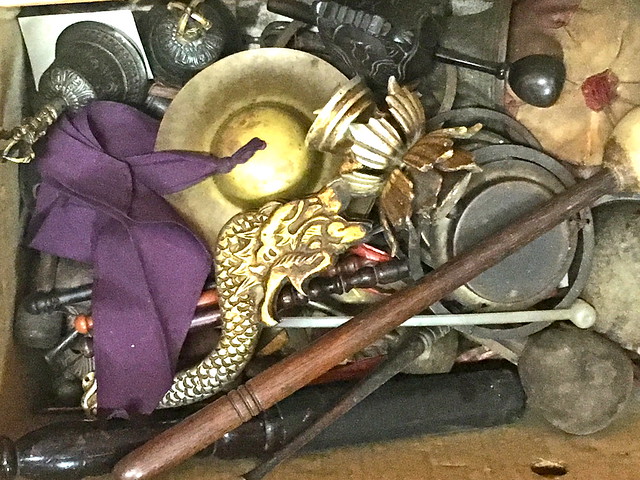
As well as this dude who is a pretty bad-ass gangsta:
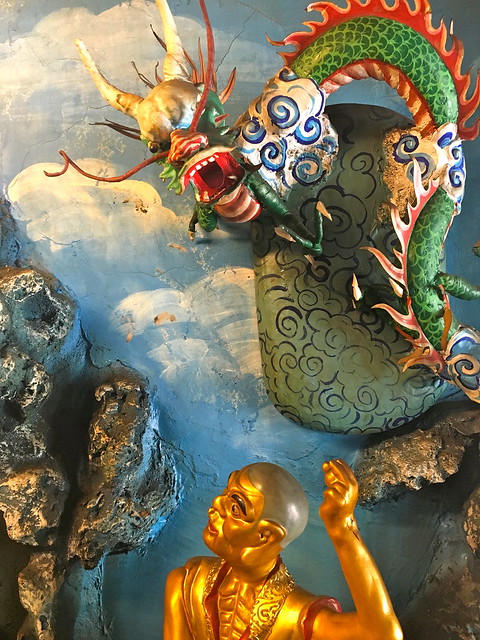
And the slightly creepy Tiger God himself:
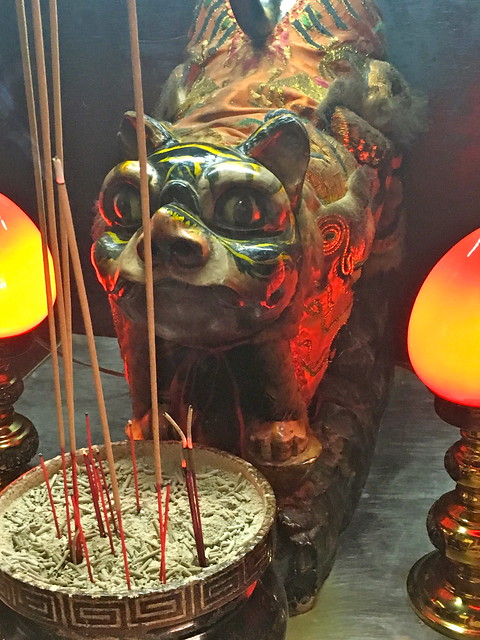
This is terrifying:
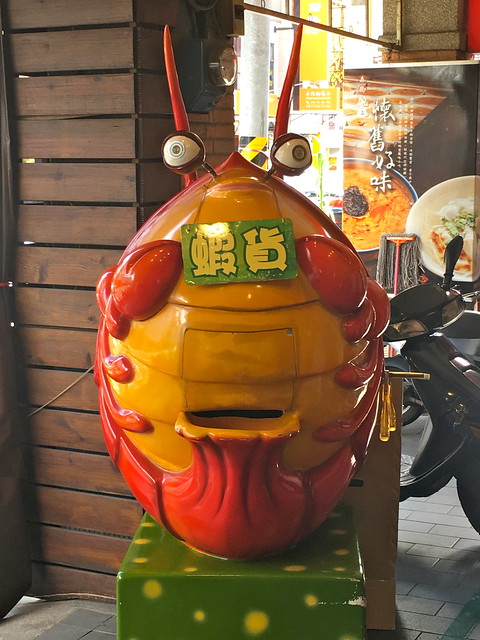
But I love the photo opportunities at this Ximen Circle lantern-maker's shop.
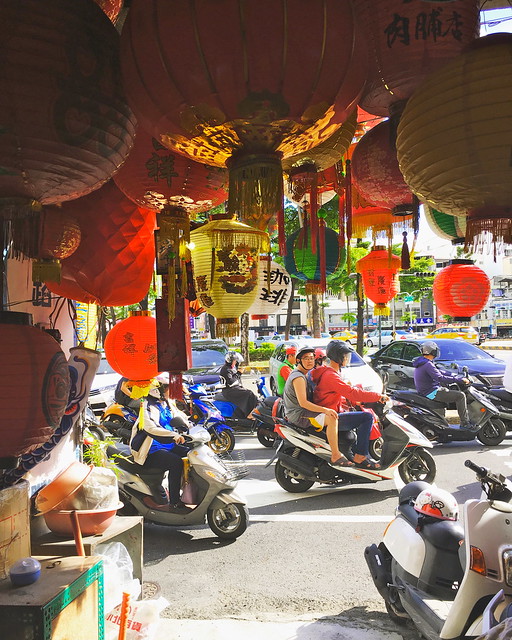
I ended up, at the hottest part of the day, at the famous Taicheng Fruit Shop in the now super hip (in that distinctly Taiwanese hippie-organic way) West Central District. Taicheng serves handmade fruit ice cream - more like a sorbet really - served in half a cantaloupe.
HALF A CANTALOUPE YOU GUYS.
You get four choices of pre-selected combinations of ice creams. The most popular appears to be mango and grape, but other ones include dragonfruit, kiwi, lemon, banana and more. I am fairly sure I saw strawberry in one of the selections. I gather it changes seasonally to some degree based on what's fresh and available.
I got the well-loved mango grape:
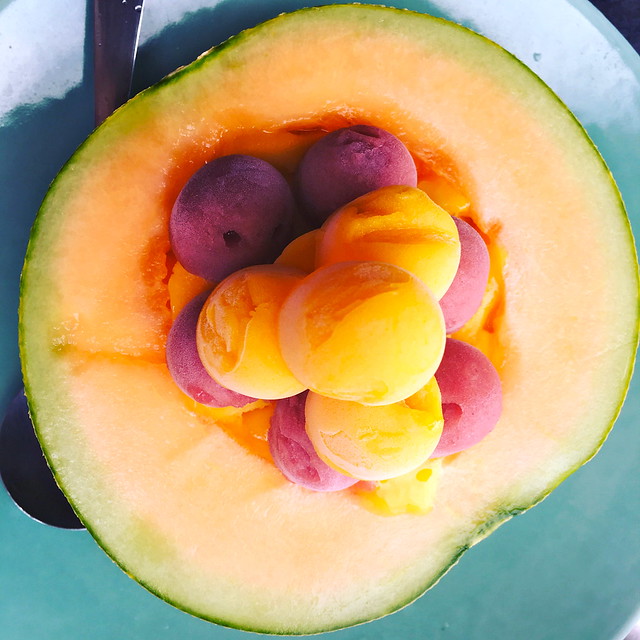
AND LET ME TELL YOU IT WAS HARD NOT TO FACE PLANT INTO THAT THING AND JUST EAT IT LIKE A LABRADOR WOULD EAT A RASHER OF BACON (or to be honest, like I would eat a rasher of bacon).
Yummmmmmmmm
I ate it as my lunch, forgoing anything savory because it was just too hot to contemplate eating anything other than something ice cold. Be prepared though: there is usually a line. Best to go on a weekday if you can. This is not a quiet little place I discovered - it's firmly on the local foodie tourist's map and is one of the hottest food destinations in Tainan right now (so my seminar students told me).
Taicheng Fruit Store (泰成水果店)
#80 Zhengxing Road
West Central District, Tainan
台南市中西區正興路80號
I then wandered down to Shennong Street (神農街) which I discussed in the last post, only to find that, sadly, the place where I had had those delicious noodles - Vegane - seemed closed for good. Another well-known cafe, Funny Wenqing, was also closed permanently. As it goes...
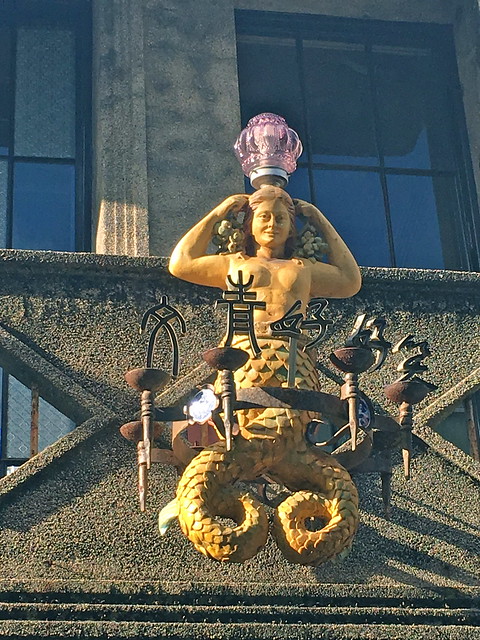
I ended up at Taikoo (covered in the last post) where I could drink something cold and caffeinated and watch the young hipsters and tourists go by as I read up on learner autonomy for my article.
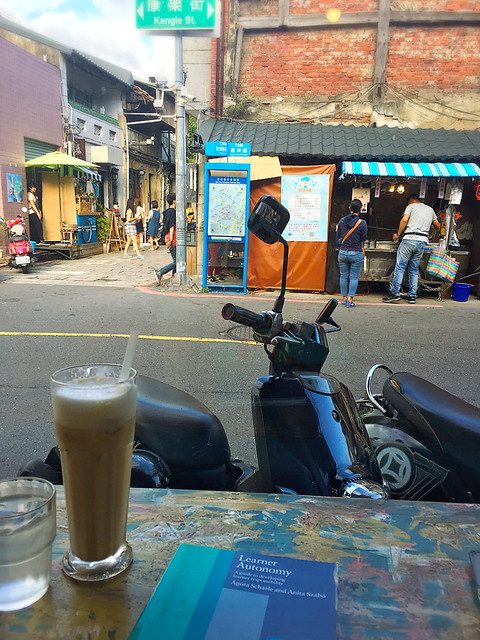
...before walking back to my hotel, via a shop that carves idols (presumably for temples). Faceless idols, I have to say? A bit creepy.
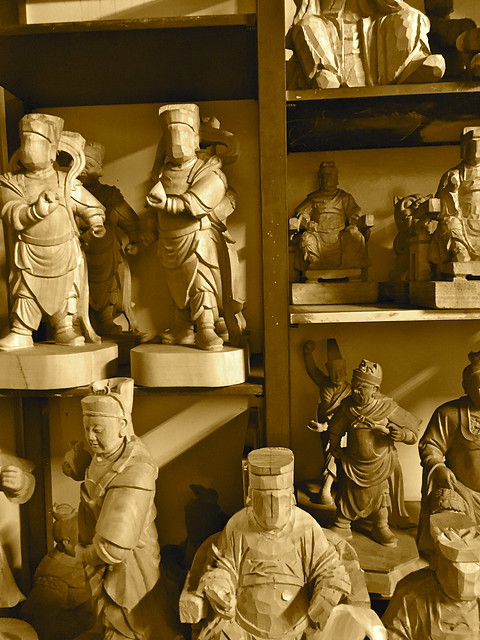
The next morning Brendan and I walked down the western end of Chikan Towers (Chiqian Street on some maps, Chikan Street on others?) looking for coffee, and found it here, at More Cafe:
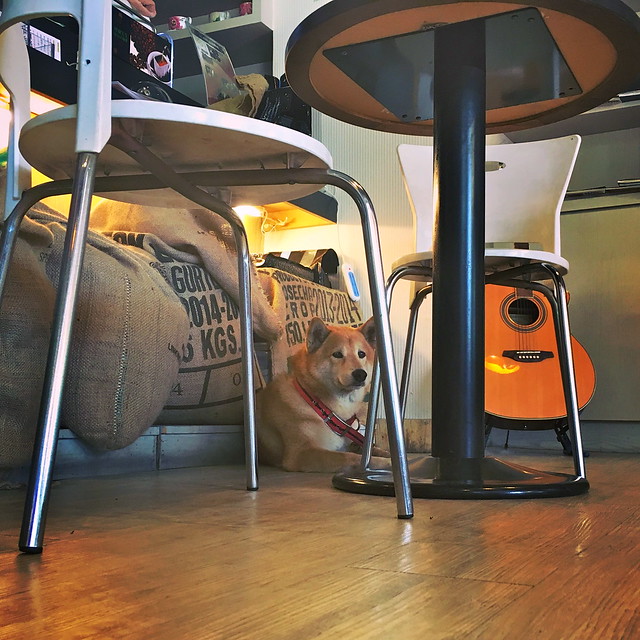
Tainan is full of cafes and this one just happened to be the shortest walk from our hotel, but they do have a great selection and use good beans. They make a good cup, and are very close to one of Tainan's key tourist sites. Also, they have an adorable but standoffish shiba inu who only let me pet him on the 2nd day we came.
More Cafe 摩爾先生咖啡
Chikan Street #47, West Central District, Tainan
台南市中西區赤崁街47號
Almost next door is a place where downstairs they sell hand-designed jewelry (mostly silver) and upstairs they have a restaurant, coffeeshop and beer cafe, with 2 pet cats. Worth a look!
While we were hanging out at More on the first day, a processional passed by - this tiger god was going to visit the city god temple nearby (again, not the famous one). Brendan stuck around to enjoy his coffee and the air conditioning while I followed the temple parade.
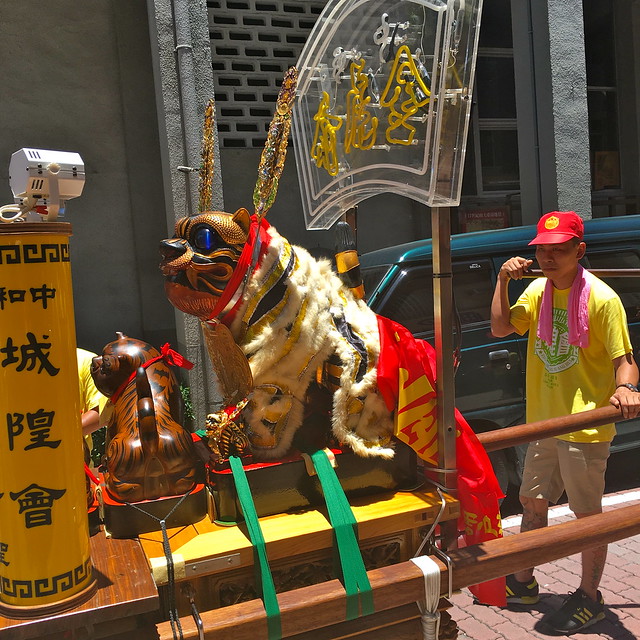
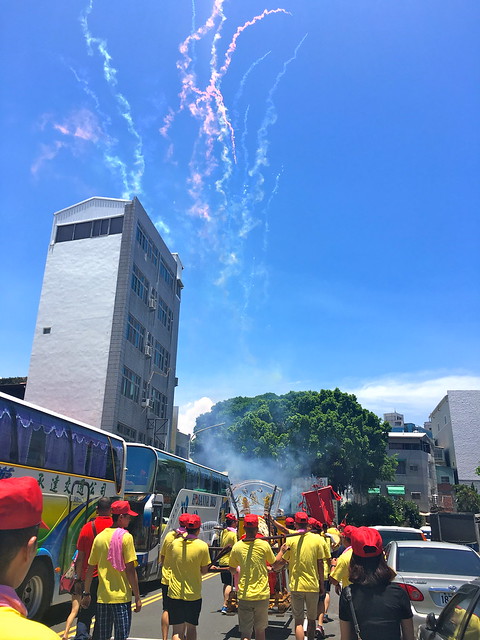
Two spirit mediums were using this instrument to write "god characters" on a slate covered with sawdust, walking it over a fire just outside several times.
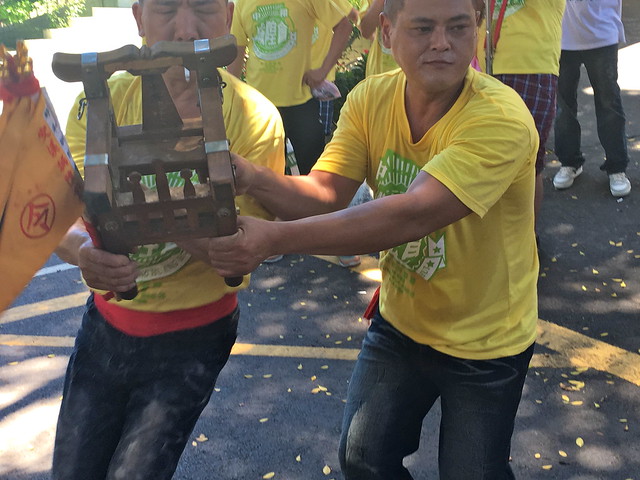
There was a Ji Gong (spirit medium who is said to be possessed by a monk who lived centuries ago - real person! - name Ji Gong, who was kicked out of his monastery for eating meat and drinking alcohol. He wandered the streets and dispensed spiritual advice, eventually becoming a god-like figure/immortal spirit himself).
This one was a friendly fellow who let me drink a fair amount of rice wine (the medicine gourds these guys carry when they become possessed are filled with real wine, and it is good luck to drink it).
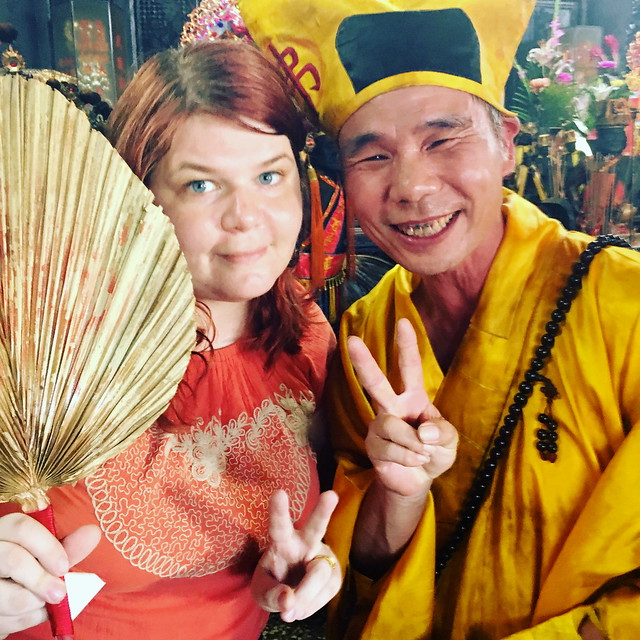
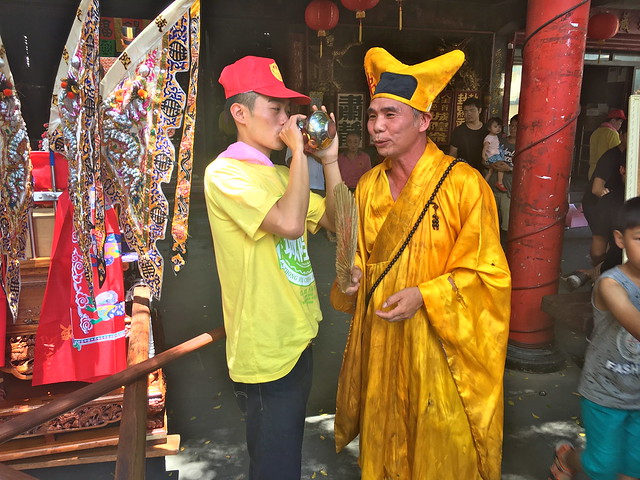
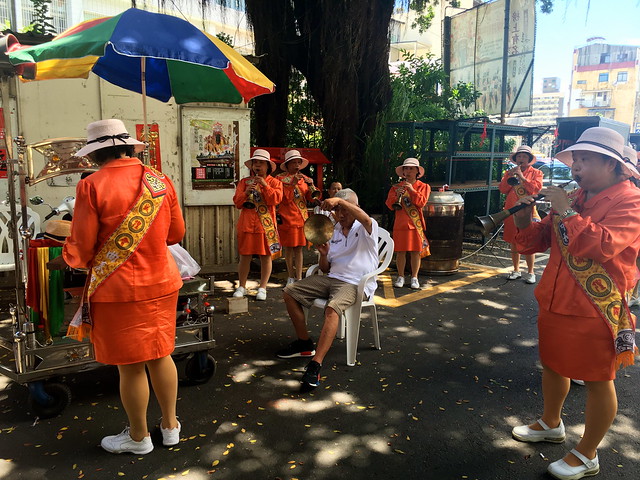
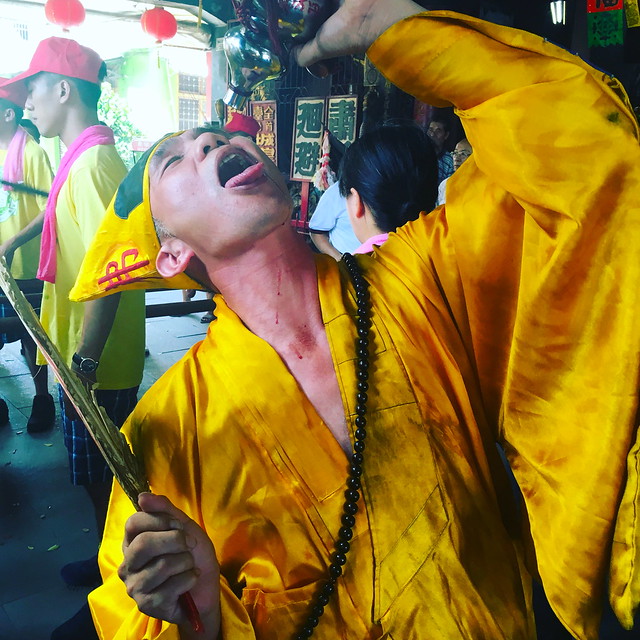
A bit more wandering after I returned to the cafe to fetch Brendan brought us to this inert comedy dog:
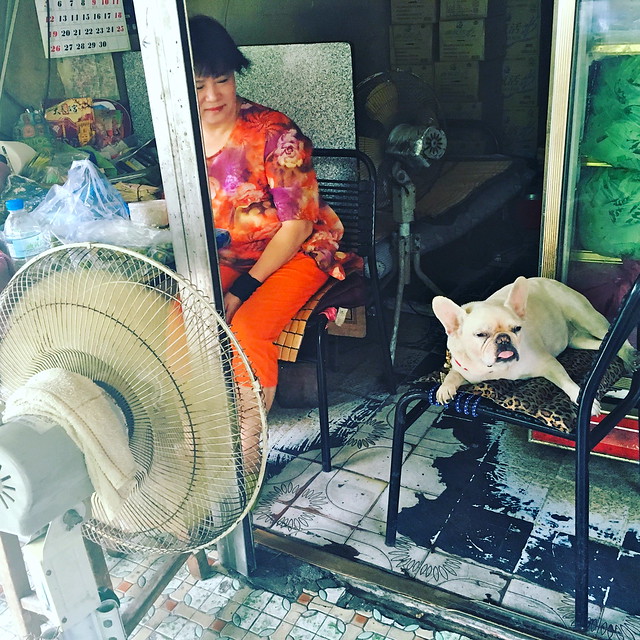
Then we ended up at 開基天后宮 (Kaiji Matsu Temple), a small temple that, while not as famous as the major Matsu temple on the other side of Chikan Towers, is scenic, historic and quiet.
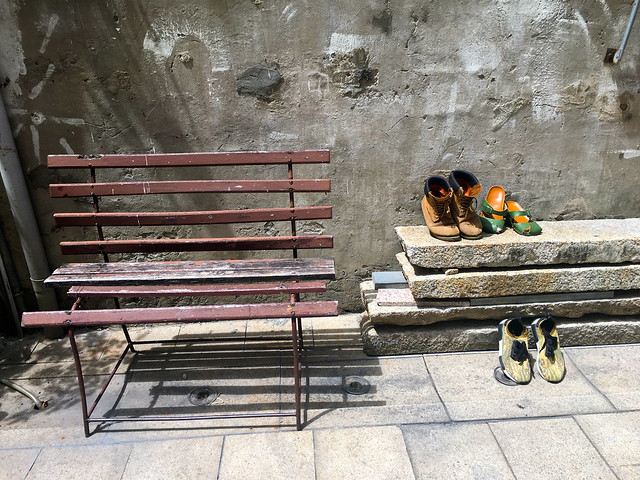
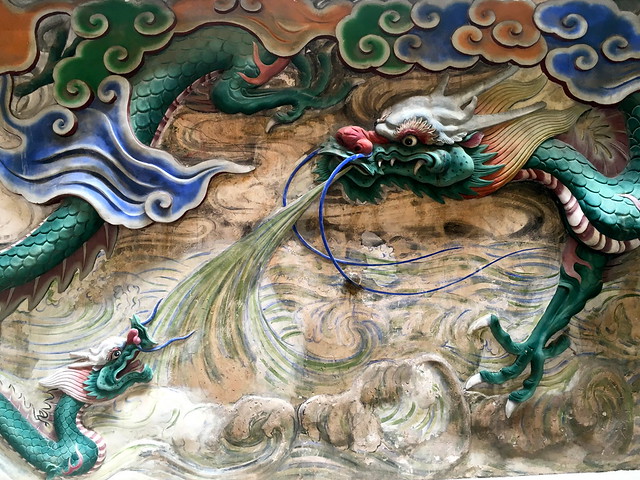
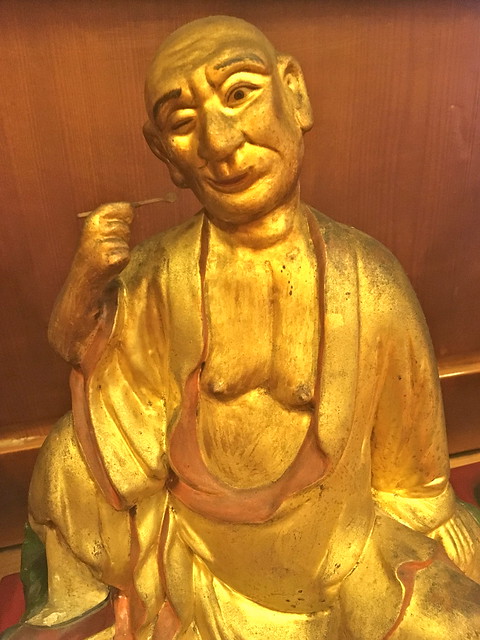
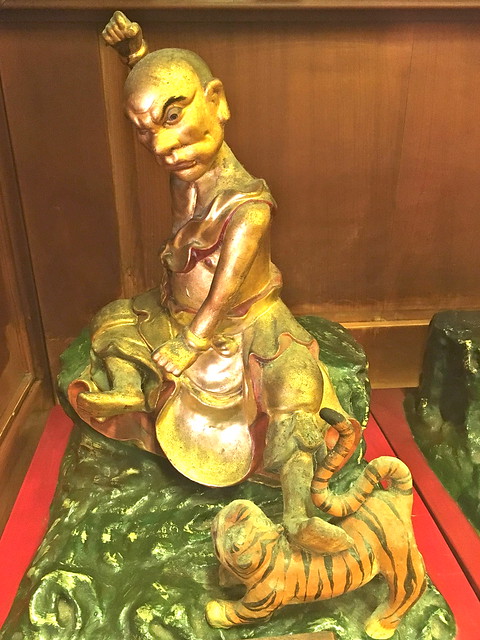
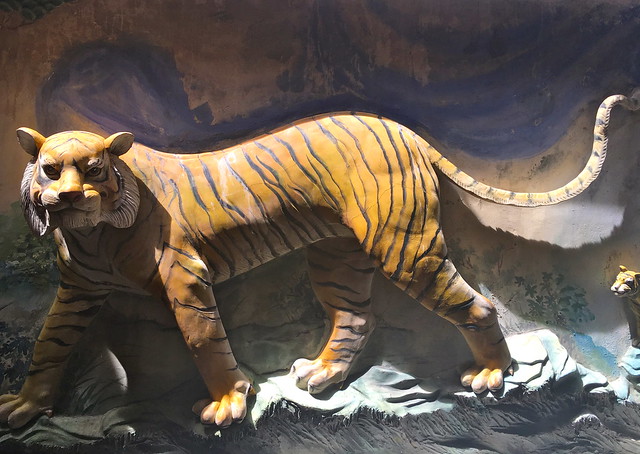

We also passed a temple under restoration. If you were ever wondering how they put together those mosaic figures that top temple roofs, this is how:
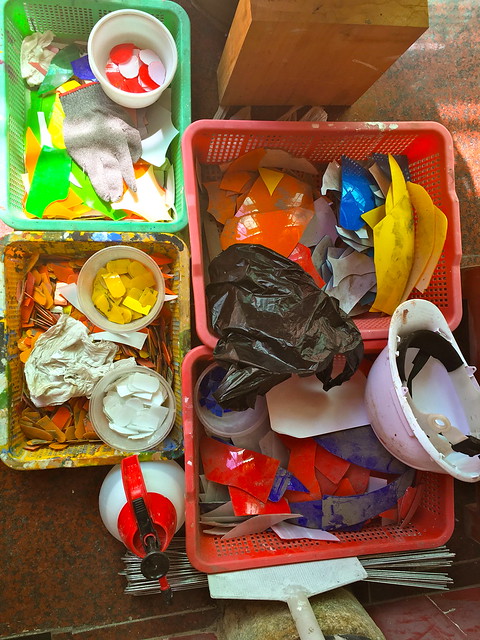
South of the larger Matsu temple we found an old movie theater still in business, still using hand-painted posters, the Jinmei Theater (金美戲院)
Jinmei Theater (金美戲院)
#187 Sec. 2 Yongfu Road
West Central District, Tainan
台南市中西區永富路二段187號
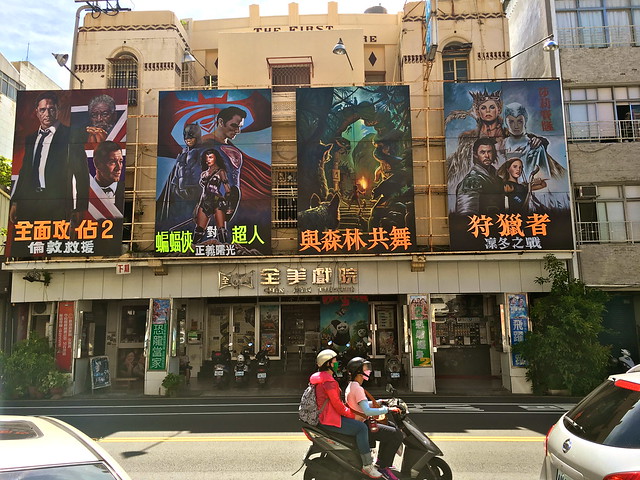
Also this creepy-ass Line character head mannequin formal dress thing:
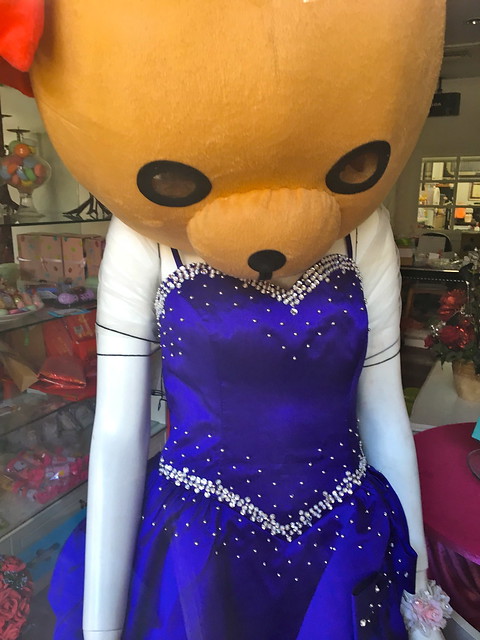
I took Brendan to Taicheng Fruit Store, because I just had to share how damn good it was. This time I got red dragonfruit, kiwi and lemon ice cream in HALF A CANTALOUPE YOU GUYS.
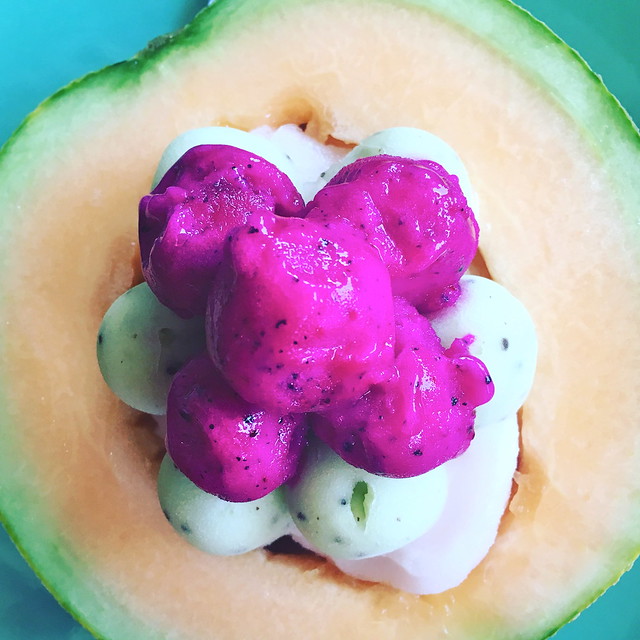
We walked around the market near Zhengxing Road, where a concentration of little shops and cafes has set up, before catching a cab to the Five Concubines temple (五妃廟)further south - the only temple in Taiwan with female door gods:
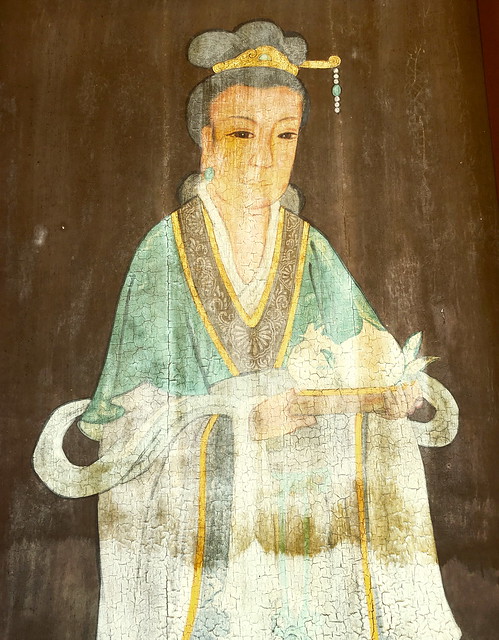
I don't think I need to google map link this one, it's one of the most famous temples in the city, erected to memorialize the five concubines of a late Ming dynasty official, Zhu Shugui, who hanged themselves in what is now the Matsu temple (the big one by Chikan Towers) rather than be captured by Qing forces. Their grave is here, behind what is now the temple.
Notably, the shrine to the five concubines has some offerings that concubines would probably appreciate:
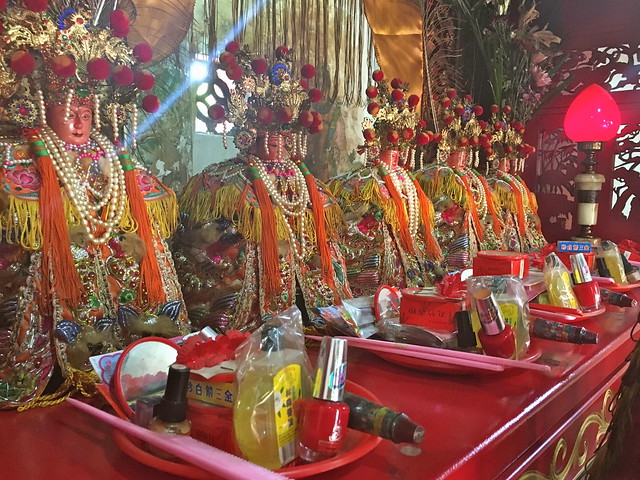
All of this going around in the heat tired us out, so we walked up to Narrow Door Cafe, ((窄門咖啡)close to the Confucius Temple. You walk in through an impossibly narrow alley, up some weird stairs and through the lobby to this place, which is wonderfully old-fashioned and seems to be a gathering place for people to talk civilly about politics (at least from the conversations I was overhearing from other tables).
Narrow Door
#67 Nanmen Road
West Central District, Tainan
台南市中西區南門路67號
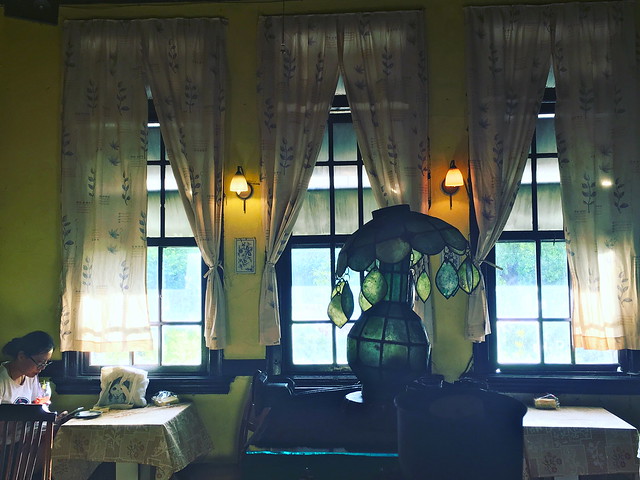
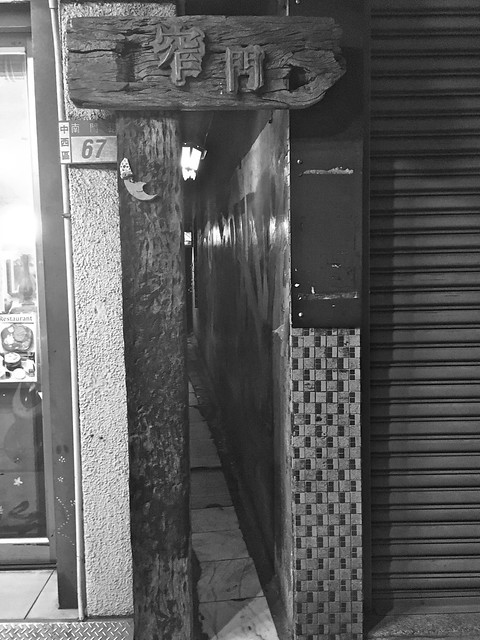
The next morning we went back to the same cafe, noting the random urban rooster along the way:
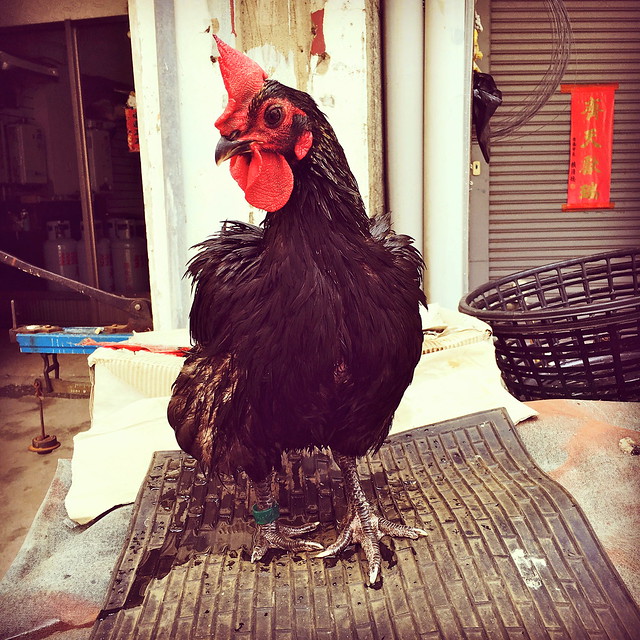
We then hopped a cab to the north of the city to Kaiyuan monastery in the north of town, a little far to walk. It's a peaceful place with a few areas where you can sit and relax, and friendly monks and nuns. There is also an old well and a statue of the last Japanese governor (I'll go double check exactly who and then update here) in a side room.
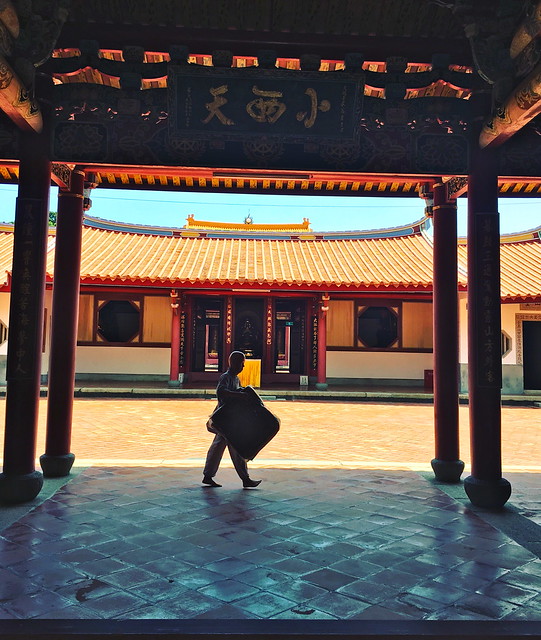
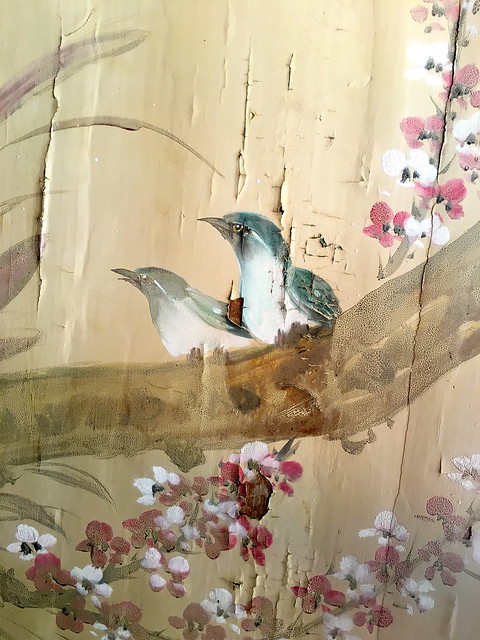
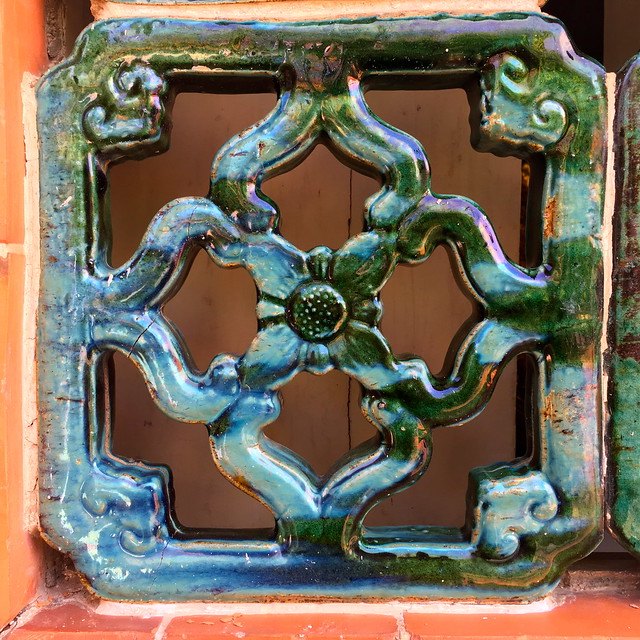
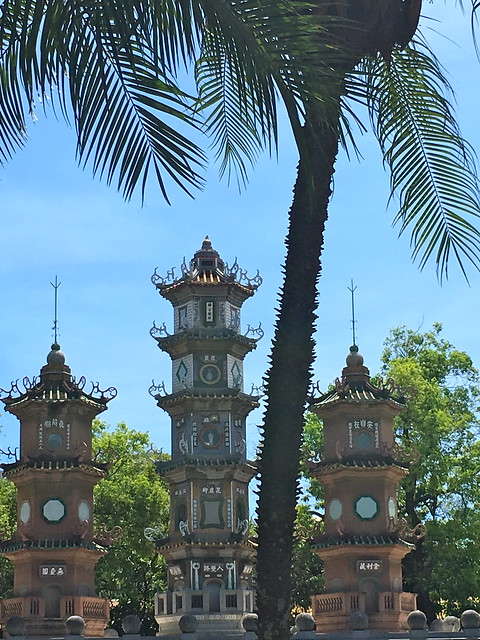
We met a Scottish friend down by the Five Concubines temple again but this time walked a short distance to the Fahua Monastery, which is in a rather striking state of disrepair in parts.
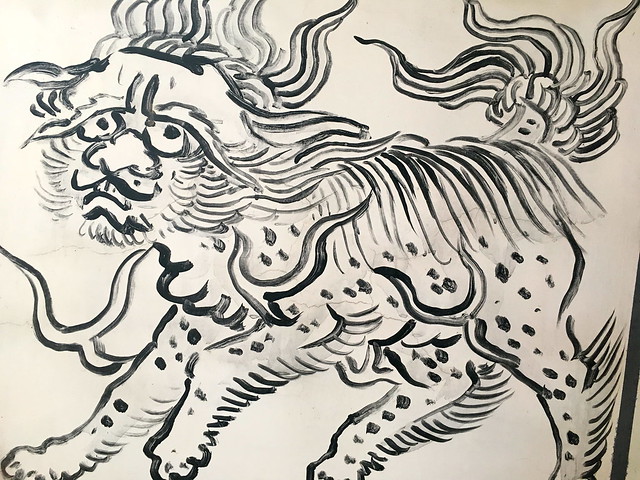
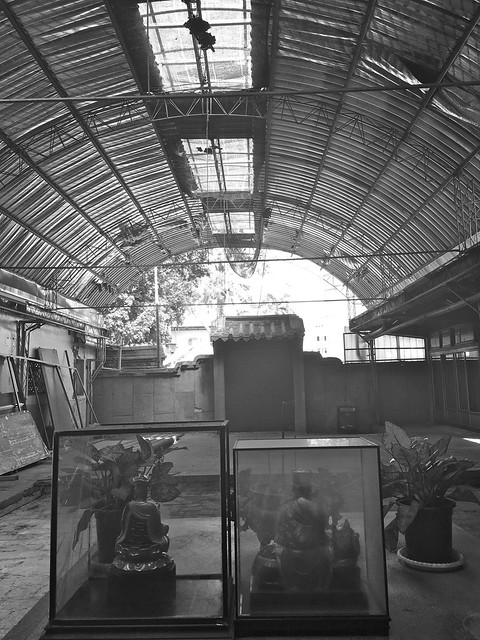
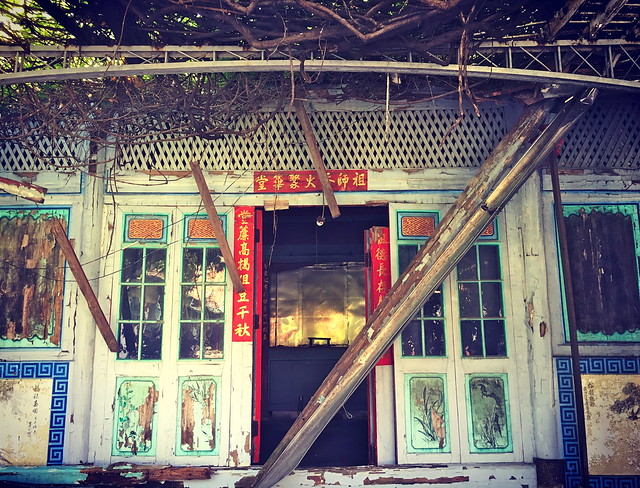
Before walking north past the large Koxinga shrine, where I made my usual wish, now sprinkled across various temples in Taiwan:
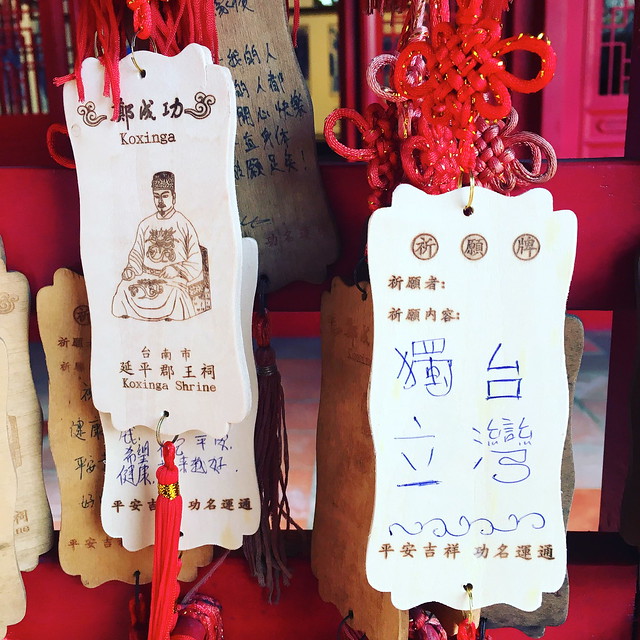
But my wish was not as cool as Ivan's wish.
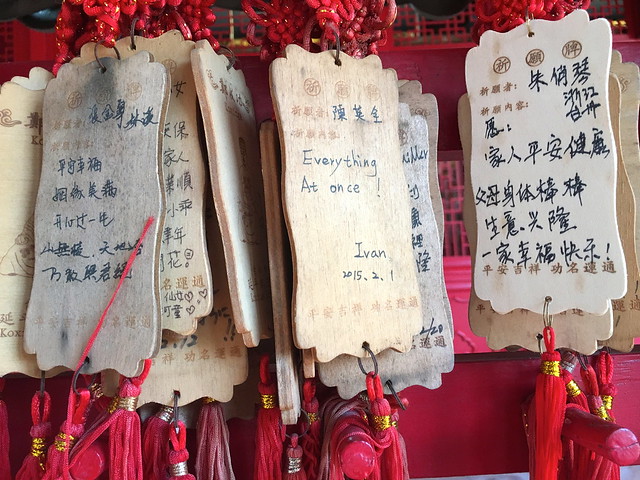
Rock on, Ivan. Rock on.
We had dinner (Zhou's Shrimp Rolls, originally from Anping, there's a franchise not far from the train station) with our friend before he went off to a baseball game with other friends.
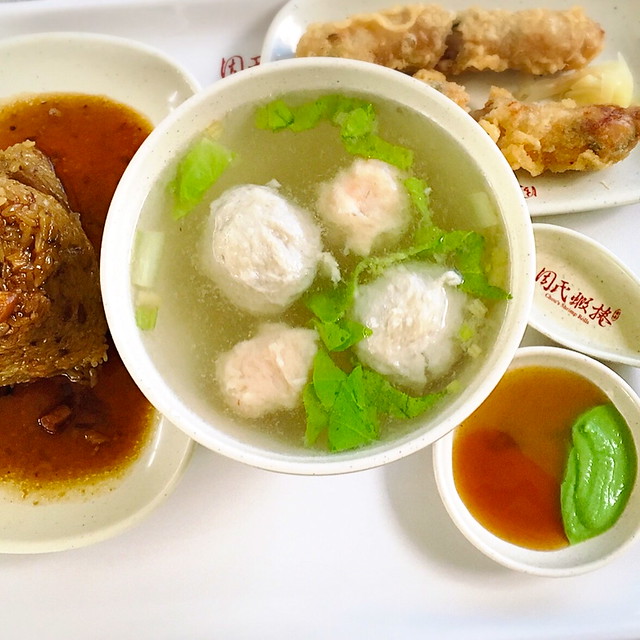
We then walked to the Lin Department Store, because there is a cafe on the top floor where we could get dessert and beer, passing a few interesting things on the way, including this hideous church:
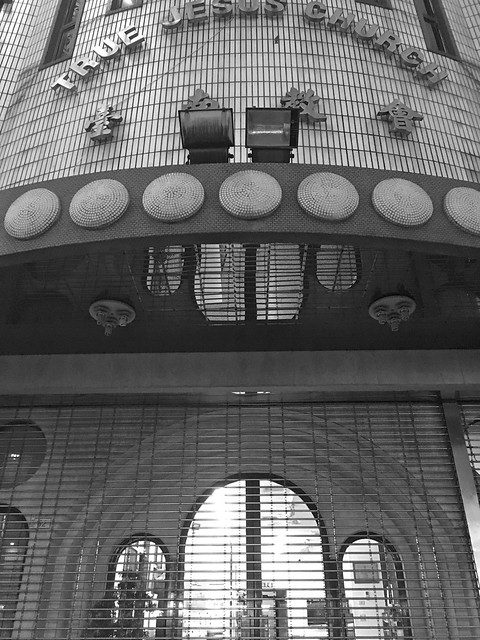
And a smaller Koxinga shrine which I think is prettier lit up at night:
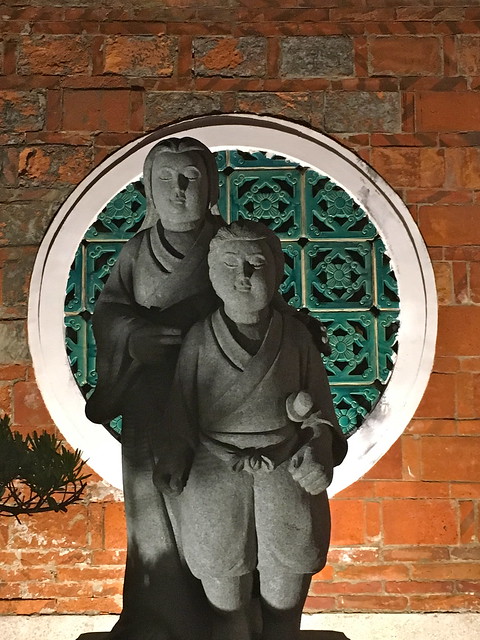
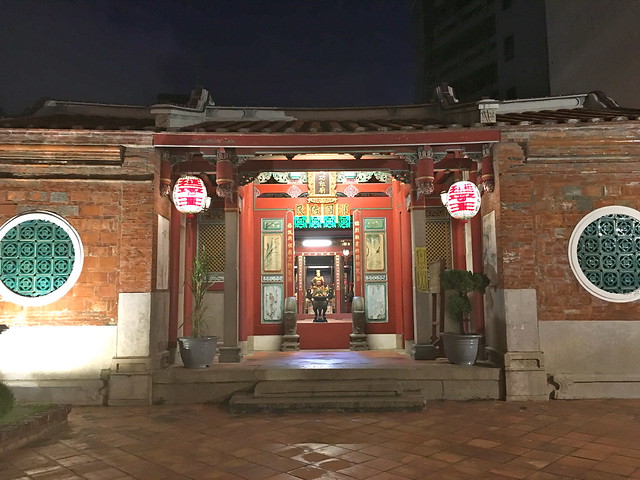
The Land Bank's exterior is also creepy and cool at night, with BATS. Terrifying, squawky bats.
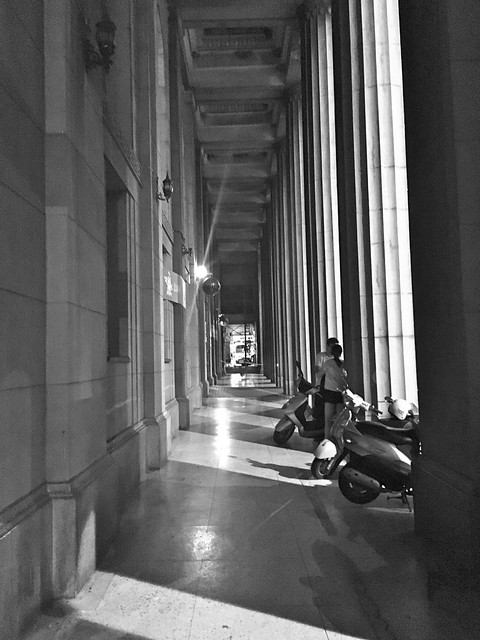
All in all, fun times. What I liked was the chance to just chill, not cart ourselves around to all sorts of different things and places unless we felt like it. That's the true magic of Tainan - it's a city, but it's relaxing. You can go there and chill.

